About the Conference
The international conference organized by the Anatolian Religions and Beliefs Platform will take place online, organized by the committee consisting of Doğan Bermek, İştar Gözaydın, Yuri Stoyanov, Vanessa R. de Obaldía. The international conference organized by the Anatolian Religions and Beliefs Platform will take place online, organized by the committee consisting of Doğan Bermek, İştar Gözaydın, Yuri Stoyanov, Vanessa R. de Obaldía. The Etkiniz EU Program & MATRA HR program of Kİngdom of Netherland supports the conference.
Read MoreKatılımcılar
Doğan BERMEK, ADO - ADİP
Speaker-Organizing Committee
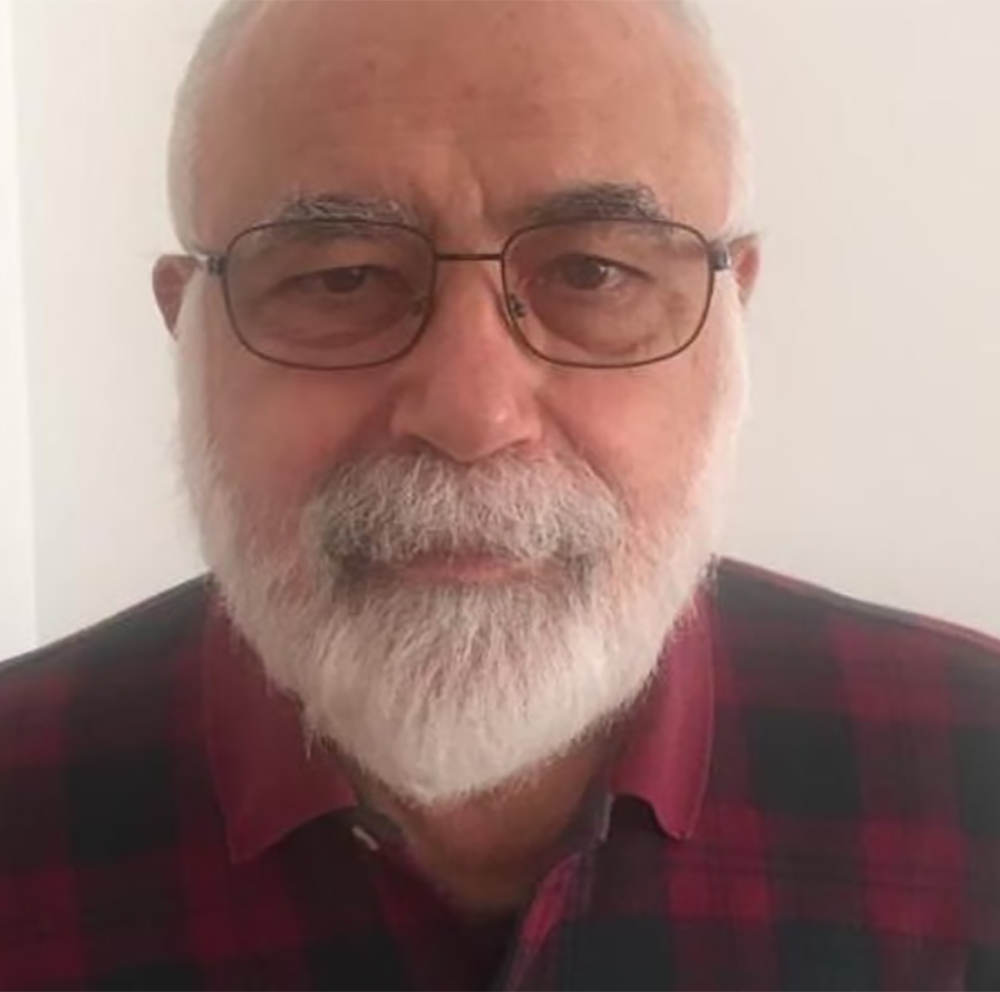
Doğan BERMEK, ADO - ADİP
Speaker-Organizing Committee
Doğan Bermek, ADO, ADİP
Doğan
Bermek
furthered his education at Ankara State Architecture-Engineering Academy and
Gazi University and became an architect in 1971. He worked as a lecturer at the
university and undertook an MA in Business Administration. Since 1976, he has
worked in the private sector in the fields of industrial projects, planning,
technology transfer and foreign trade. Since his high school years, he has participated in
activities relating to folk dances, folklore and cultural heritage at Folk
Houses, at METU Turkish Folk Sciences Society and at various Alevi
organisations. He has worked for a long time in various NGOs for the Alevi
movement. He was the founding president of the Federation of Alevi Endowments
(2005-2014) and the founder of the ADO Alevi Philosophy Centre (2015). He is
the president of ADO.
Prof. Dr. İştar GÖZAYDIN, Professor of Law and Politics
Speaker-Organizing Committee
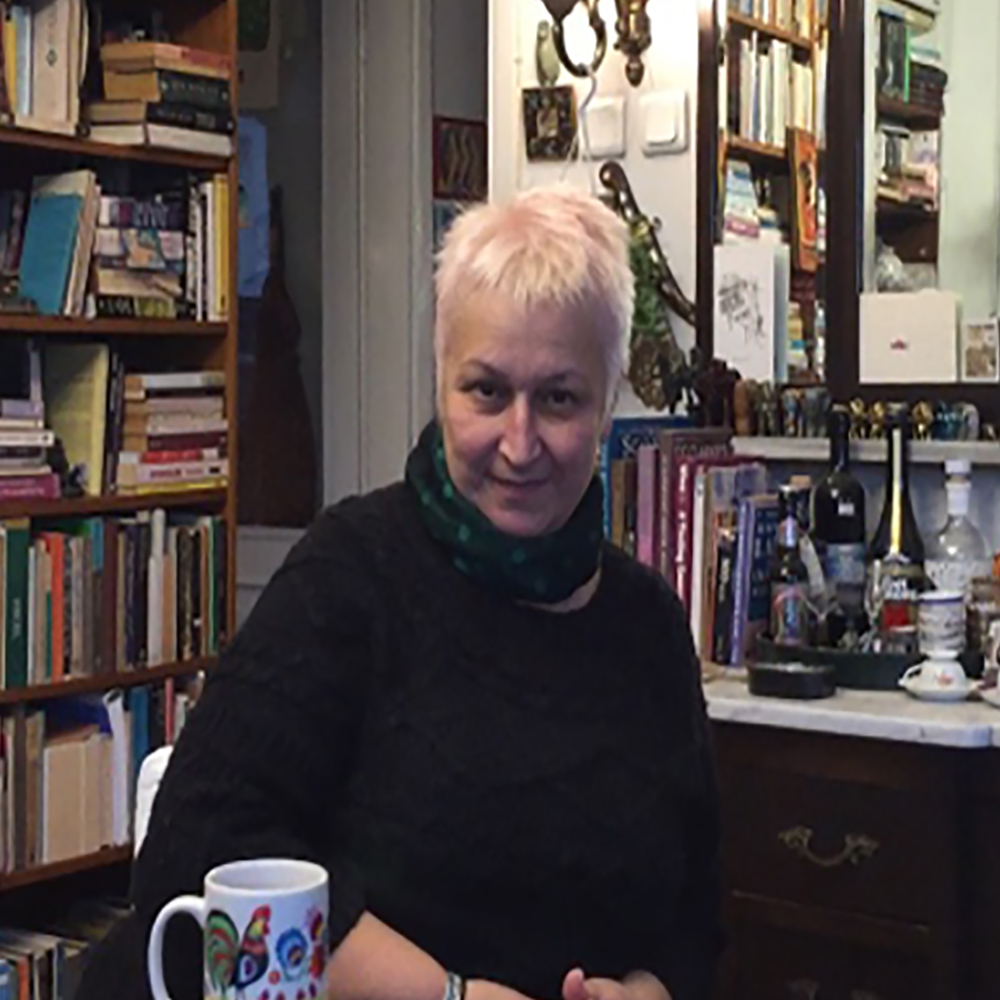
Prof. Dr. İştar GÖZAYDIN, Professor of Law and Politics
Speaker-Organizing Committee
Prof. Dr. İştar GÖZAYDIN, Professor of law and politics
İştar Gözaydın studied law at
Istanbul University (1981) and New York University (1987). Starting her
academic career in 1983, she became a full professor in 2006. Gözaydın held
tenure positions at various universities in Turkey. Focusing on state-religion
relations, the role of religion in Turkey’s foreign policy, religious
discrimination, and law-politics relations, Gözaydın has also worked at London
University Birkbeck College and London Metropolitan University as a visiting
professor. She was deprived of her freedom by being jailed upon alleged charges
in the context of “Anti-Terror Law” between December 2016 and March 2017. Dr.
Gozaydın was fully acquitted in 2018, however since her passport was nullified
by the authorities, and have not been returned for a full three years, she had
not been able to physically attend the Leibniz Professorship position that she
was granted in 2018 at Leibniz University. Being a founding member of Helsinki
Citizens Assembly (now officially Citizens Assembly), a prominent human rights
NGO, and having published over a hundred works on national and international
platforms, Gözaydın was granted Lisl and Leo Eitinger Human Rights Award by
Oslo University.
Dr. Yuri Stoyanov, SOAS University of London
Speaker-Organizing Committee
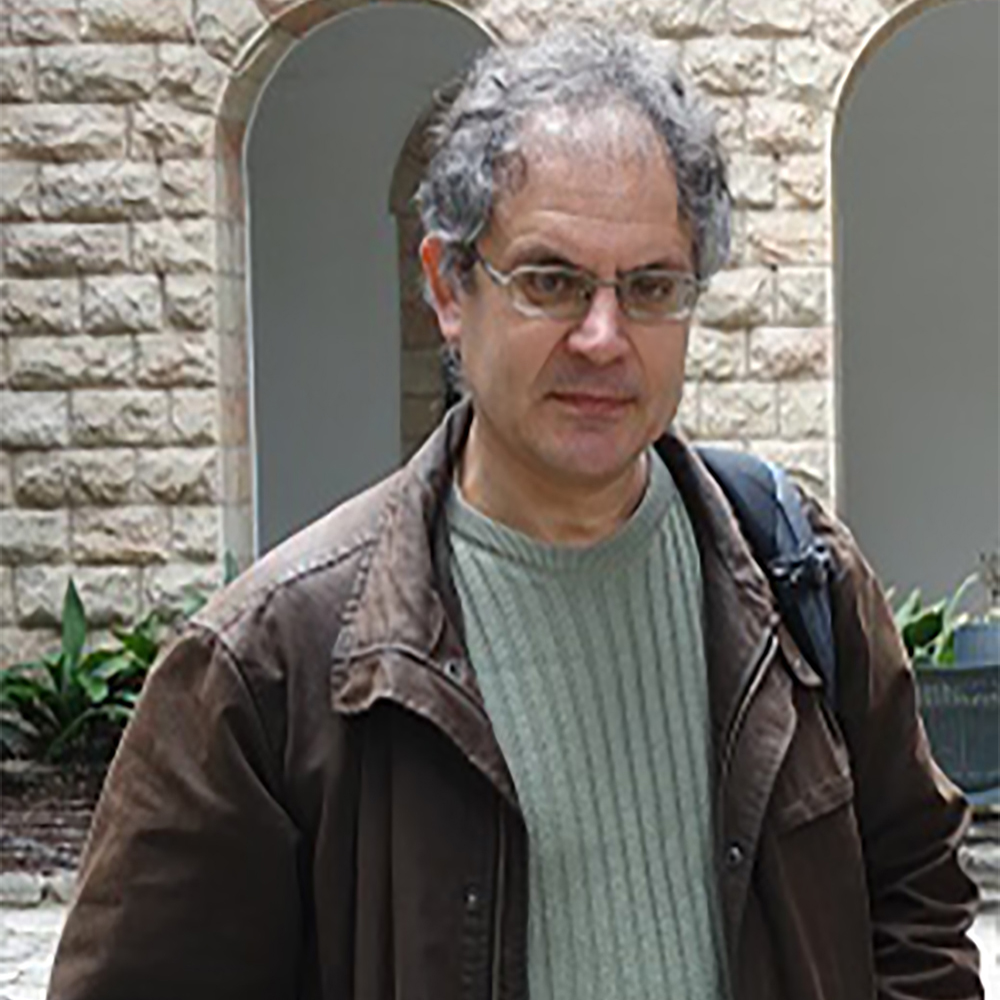
Dr. Yuri Stoyanov, SOAS University of London
Speaker-Organizing Committee
Dr. Yuri Stoyanov, SOAS University of London
Dr. Yuri Stoyanov is a Research Associate at Department of the Languages and Cultures
of the Near and Middle East at SOAS University
of London and he holds a guest professorship at the National Research University
Higher School of Economics in Moscow. He obtained his PhD from The
Warburg Institute at the University of London. He has many publications in
numerous languages including, The Hidden Tradition in
Europe: The Secret History of Medieval Christian Heresy (Penguin, 1994);
The Other God: Dualist Religions from Antiquity to the Cathar Heresy (Yale
University Press, 2000); Defenders and Enemies of the True Cross: The
Sasanian Conquest of Jerusalem in 614 and Byzantine Ideology of Anti-Persian
Warfare (Austrian
Academy of Sciences Press, 2011); “Christian Dualism and Alevism: The
State of Research and Evidence” in Alevism Bektashism in the Balkans (Çorlu Municipality Publications, 2015). His research interests include
Cosmologies, soteriologies and eschatologies of Zoroastriansim, dualist,
heretical, mystical, esoteric and apocalyptic currents in the Abrahamic faiths,
Eastern Christian theologies and ideologies of warfare, religious sectarian
groups and minorities in the Balkans and the tatus of religious and
archaeological sites in these regions and associated cultural heritage
protection issues.
Vanessa R. de Obaldía, ERC - Johannes Gutenberg University of Mainz
Speaker-Organizing Committee

Vanessa R. de Obaldía, ERC - Johannes Gutenberg University of Mainz
Speaker-Organizing Committee
Vanessa R. de Obaldía, ERC - Johannes Gutenberg University
of Mainz
Vanessa R. de Obaldía has a BA in
Middle Eastern and Islamic Studies from the University of Cambridge (2009), an
MA in Islamic Law from Marmara University (2014), and a Graduate Diploma in Law
from BPP University (2017). She was awarded a PhD in History by Aix-Marseille
University (2018) for her thesis titled “A Legal and Historical Study of Latin
Catholic Church Properties in Istanbul from the Ottoman Conquest of 1453 until
1740.” Vanessa holds a three-year postdoctoral position at the Johannes
Gutenberg University of Mainz for the ERC Starting Grant project titled Mount Athos in Medieval Eastern
Mediterranean Society (MAMEMS): Contextualizing the History of a Monastic
Republic, ca. 850-1550. She has
published numerous articles in peer-reviewed journals and is currently
co-editing a multi authored volume on Latin Catholicism in Ottoman Istanbul
which will be published by The Isis Press in late 2021. Her research interests
include doctrine and practice in Islamic law, non-Muslims and their communal
and religious institutions in the Ottoman Empire, and the study of historical
and contemporary charitable endowments.
Prof. Dr. Cemal KAFADAR, Harvard University
Keynote Speakers

Prof. Dr. Cemal KAFADAR, Harvard University
Keynote Speakers
Prof.
Dr. Cemal KAFADAR, Harvard University
Prof. Kafadar is interested in the
social and cultural history of the Middle East and southeastern Europe in the
late medieval/early modern era. He teaches courses on Ottoman history, urban
space, travel, popular culture, history and cinema. His latest essays include
“How Dark is the History of the Night, How Black the Story of Coffee, How
Bitter the Tale of Love: the Changing Measure of Leisure and Pleasure in Early
Modern Istanbul;” “Evliya Celebi in Dalmatia: an Ottoman Traveler’s Encounters
with the Arts of the Franks;” and “Between Amasya and Istanbul: Bayezid II, His
Librarian and the Textual Turn of the Late Fifteenth Century.”
He has curated a program of twelve
films, titled “Rebels, Saints and Troubadours,” for the Istanbul International
Film Festival in 2009 and worked closely on the conception and production of
two historical documentaries: “Inspirations” (dir. Nurdan Arca, 2005) on Sheikh
Bedreddin, an Ottoman intellectual executed for his ideas ca.1417; “Invisible
to the Eye” (dir. Zeynep Dadak, 2020) on the mid-17th century account of
Istanbul by Eremya Chelebi Kömürjian.
Laki VİNGAS, Rumvader, KMKD
Introductory Speaker
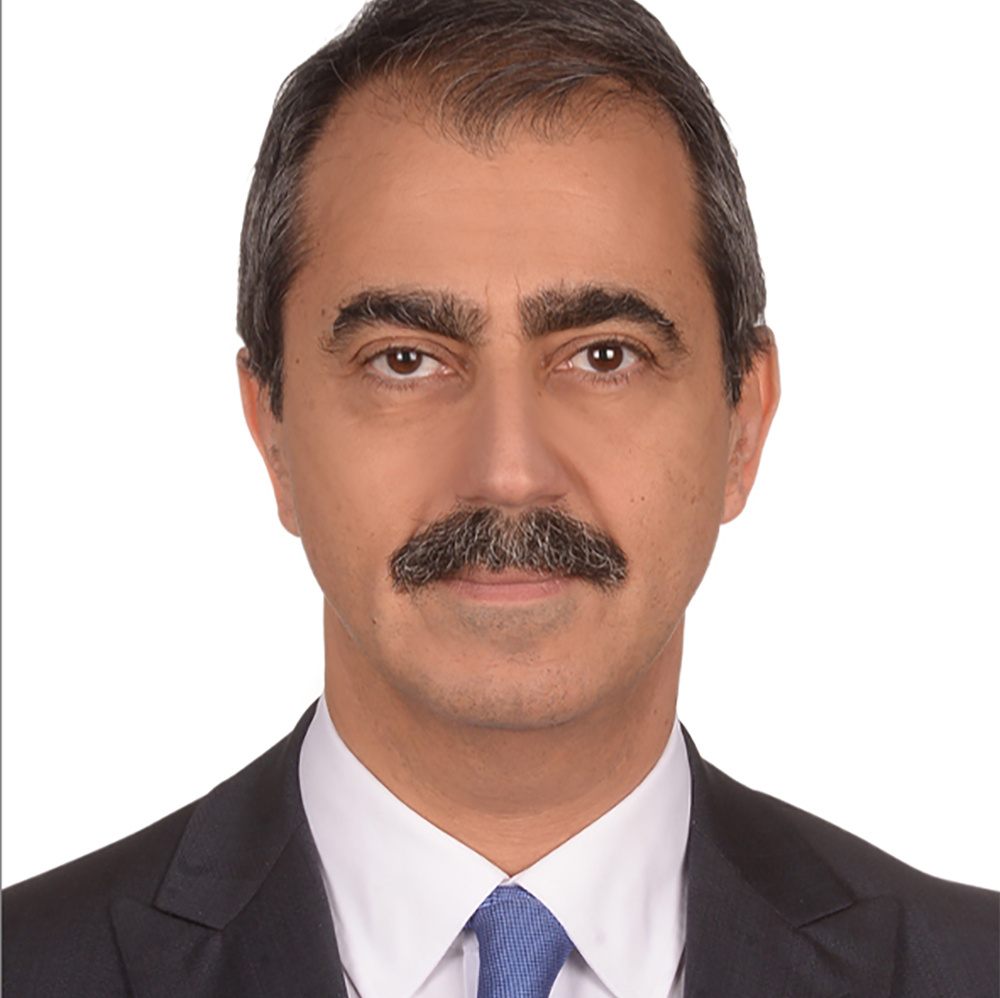
Laki VİNGAS, Rumvader, KMKD
Introductory Speaker
Mr. Laki VİNGAS, Rumvader, KMKD
Laki Vingas was born in Istanbul and graduated from Mechanical Engineering at Yıldız Technical University. He has actively worked in business since 1983. He is married with three children.
He has actively participated in civil society activities, worked to improve dialogue through culture, and since 1986, he has been the founder and director of many associations, foundations and non-governmental organisations.
In 2006, on the initiative of its president Laki Vingas, the Zografyon Alumni Association organised a conference on “Today and Tomorrow”, which was a turning point for Istanbul’s Greek Community. With the support of Istanbul 2010 European Capital of Culture Agency, the Zografyon Alumni Association, of which Laki Vingas is an Advisory Board member, undertook a project on “Greek Architects of Westernized Istanbul”. Bringing an unknown aspect of Istanbul to light, the project has taken the form of an exhibition, a book and a short film in many different places both in Turkey and abroad.
Between 2008 and 2014, Vingas worked as the 1st and 2nd term Representative of the Community Foundations at the General Directorate of Foundations. He became the Founding President of RUMVADER, which was established in 2011 to gather Greek Foundations under one roof. EU Projects such as “Minority Citizens = Equal Citizens” and Side by Side “Overcoming the distances created in the past, building a common future together” have been carried out by the Association.
He
is one of the founders of the Association for the Preservation of Cultural
Heritage, the Imroz Education and Culture Association and the Yanındayız
Association. He has also been undertaking the European Union project titled
“Social Media and Minorities” and “Discovering Yeniköy” projects at the Yeniköy
Panayia Greek Orthodox Church and School Foundation which he has chaired since
2006.
Prof. Dr. Raoul MOTIKA, University of Hamburg
Keynote Speaker
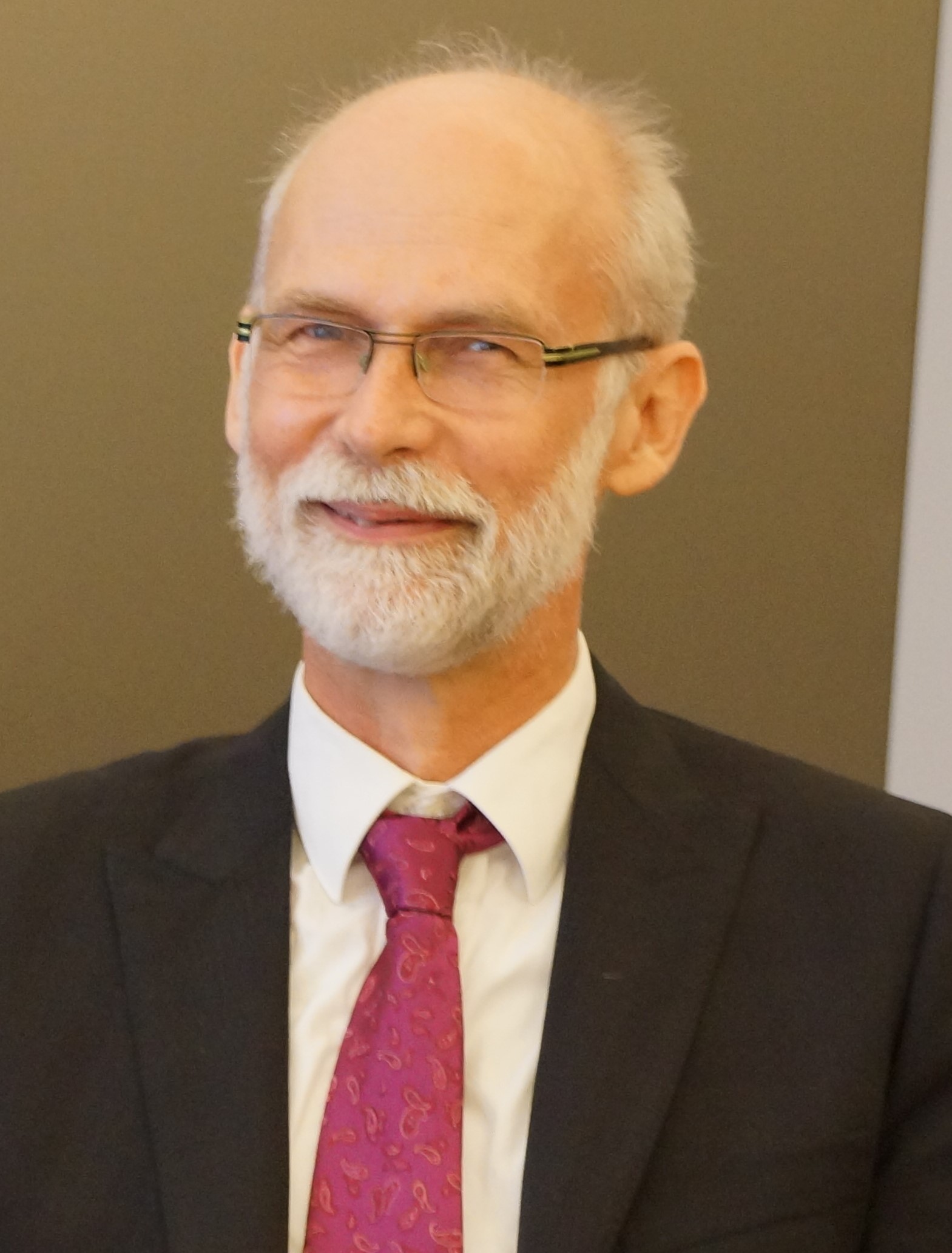
Prof. Dr. Raoul MOTIKA, University of Hamburg
Keynote Speaker
Prof. Dr. Raoul MOTIKA, University of Hamburg
After completing coursework in the
history and culture of the Middle East, Iranian studies, Political Science, and
Historical Methodology at the Universities of Munich, Izmir, and Tehran, he
graduated with an MA from the Ludwig-Maximilians-Universität München in 1992.
He received his doctorate in 1997 with a dissertation in Islamic Studies at the
Ruprecht-Karls-Universität Heidelberg on the recent history of Iranian
Azerbaijan. After working for several years as a researcher and lecturer at the
Heidelberg University, he was the coordinator of the international research
project “Islamic Education in the Soviet Union and the CIS” at the
Ruhr-Universität Bochum (2002–2004). He was then appointed as Assistant
Professor in Islamic Studies with a focus on the Ottoman Empire, Turkey and
Iran and contemporary research at Bern University (2005–2006).
In fall 2006, he accepted an
appointment to a W3 professorship for Turkish Studies at Hamburg University. He
simultaneously served as director of the Heidelberg Centre for Euro-Asiatic
Studies e.V. at Heidelberg University (HECEAS e.V.) and as spokesman for the
TürkeiEuropaZentrum Hamburg (TEZ), which he founded. Currently, he continues to
head a postdoctoral project within the SFB 950 “Manuscript Cultures in Africa,
Asia, and Europe” at Hamburg University He has written and edited several books
on the modern history of Iran, the Caucasus, Central Asia, and the Ottoman
Empire. In addition to contributions to the history of the Middle East, he has
written numerous articles on the political and religious situation of the
Middle East, Turkey and the Caucasus.
Fr. Dr. Claudio MONGE O.P., DoSt-I
Discussants
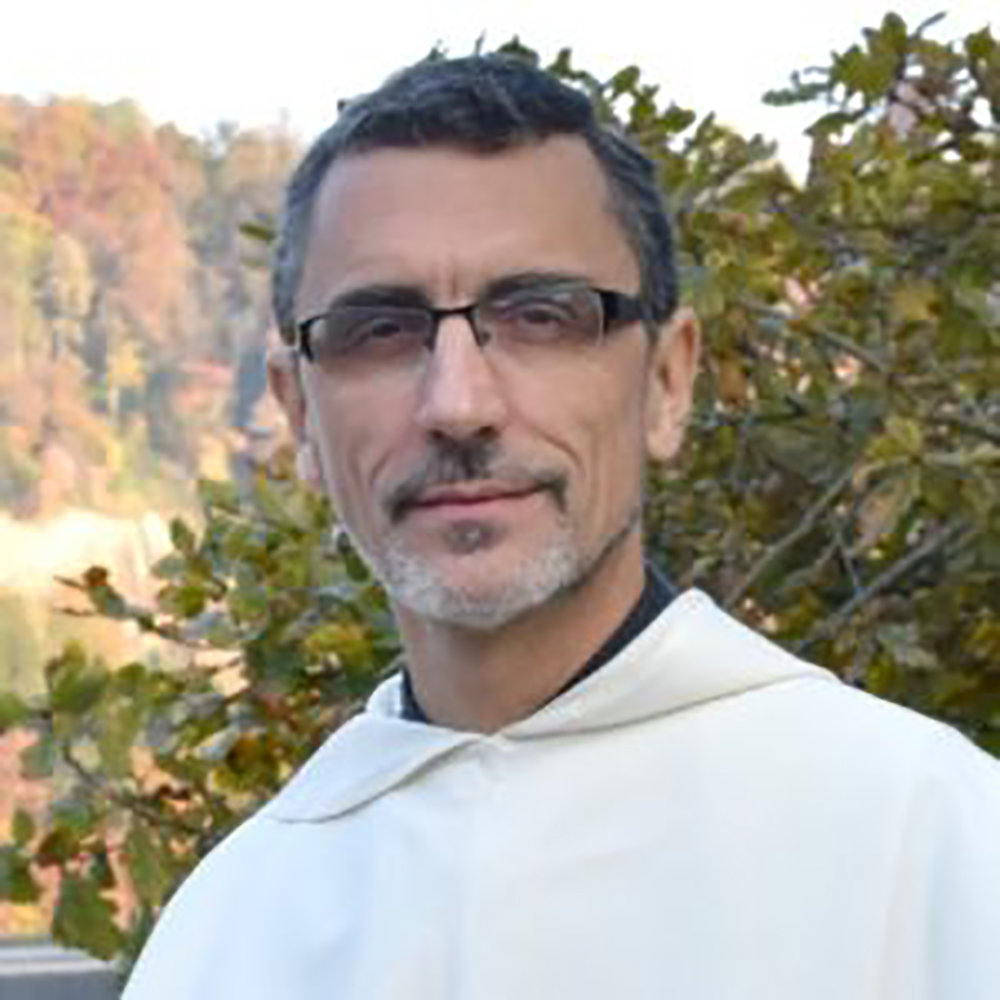
Fr. Dr. Claudio MONGE O.P., DoSt-I
Discussants
Fr. Dr. Claudio Monge O.P., DoSt-I
Claudio Monge is a Dominican friar
who has been based with the Istanbul community of the Order of Preachers since
2003. He
is the director of DoSt-I (Dominican Study Institute – Istanbul). He studied
theology at the Pontifical University of St. Thomas Aquinas in Rome, and
Turkish language and culture at the Marc Bloch University in Strasbourg. There,
he also received his doctorate in theology of religions, with a dissertation on
hospitality in the Abrahamic religions. Between 2009 and 2013 he participated
to the research programme at the Catholic University in Paris on the dialogue
between the three monotheisms. Since 2013 he has been participating in another
programme on the problem of the translation of theological concepts in
different cultural contexts. He is the author of Stranierità:
nomadismo del’anima (EDB, 2014), Stranieri con Dio; L’ospitalità nelle
tradizioni dei tre monoteismi abramitici (Edizioni Terra Santa, 2013); Dieu
Hote: Recherche Historique et Theologique Sur Les Rituels de L'Hospitalite (Zetabooks,
2008). He is also the co-editor of a multi-authored volume in commemoration
of the 800th year of the Order of Preachers titled Domenicani a Costantinopoli prima e dopo l’impero
ottomano (Nerbini, 2017).
Prof. Dionigi ALBERA, IDEMEC
Discussants
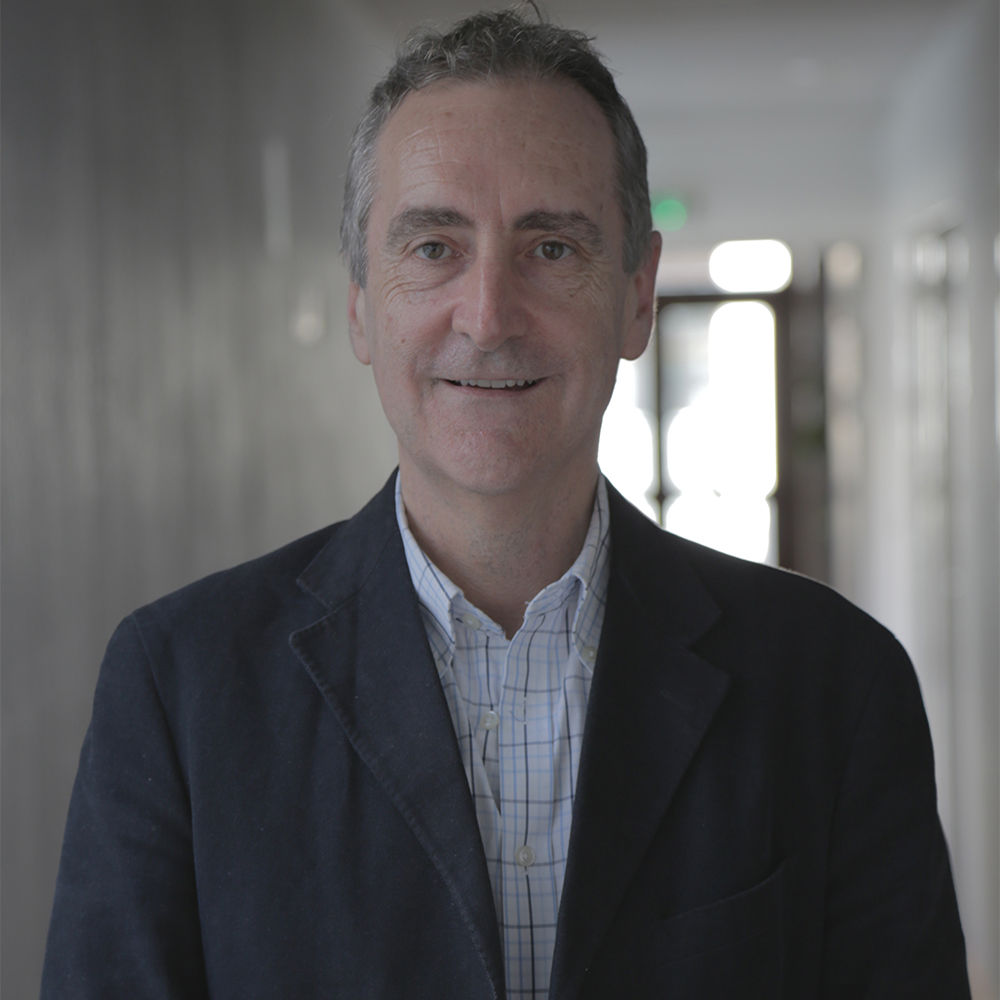
Prof. Dionigi ALBERA, IDEMEC
Discussants
Prof.
Dionigi ALBERA, IDEMEC
Dionigi Albera is an anthropologist and senior research
fellow at the French
National Center for Scientific Research (CNRS). He is based at the IDEMEC (Institute of European
Mediterranean and Comparative Ethnology, Aix-Marseille University), which he has directed from 2006
to 2016. His research has
focused on Europe and the Mediterranean, and his interests include migration,
kinship and family, pilgrimage and interfaith mixing. He has published two personal books, 33
articles in peer-reviewed journals, and 70 book chapters. He has edited 16 books and 3 journal
issues. A book he edited on
interfaith pilgrimages in the Mediterranean was first published in French, and then translated into
Spanish, English and Italian. Among his latest books are: Sharing sacred spaces in the Mediterranean.
Christians, Muslims and Jews at Shrines and Sanctuaries, edited with Maria Couroucli, Indiana
University Press, 2012;
Dieu, une enquête. Judaïsme, christianisme, islam: ce qui les distingue, ce qui les rapproche,
edited with Katell Berthelot, Flammarion, 2013; International Perspectives on Pilgrimage Studies:
Itineraries, Gaps and
Obstacles, edited with John Eade, Routledge, 2015; Pellegrini del nuovo millennio, edited with
Melissa Blanchard, Mesogea,
2015; Reframing the History of Family and Kinship: From the Alps towards Europe, edited with
Luigi Lorenzetti et Jon Mathieu, Peter Lang, 2016; Dictionnaire de la Méditerranée, edited
with Maryline
Crivello et Mohamed Tozy, Actes Sud, 2016; New Pathways in Pilgrimage Studies, edited with
John Eade, Routledge, 2017.
Prof. Dr. Ayhan KAYA, Istanbul Bilgi University
Discussants
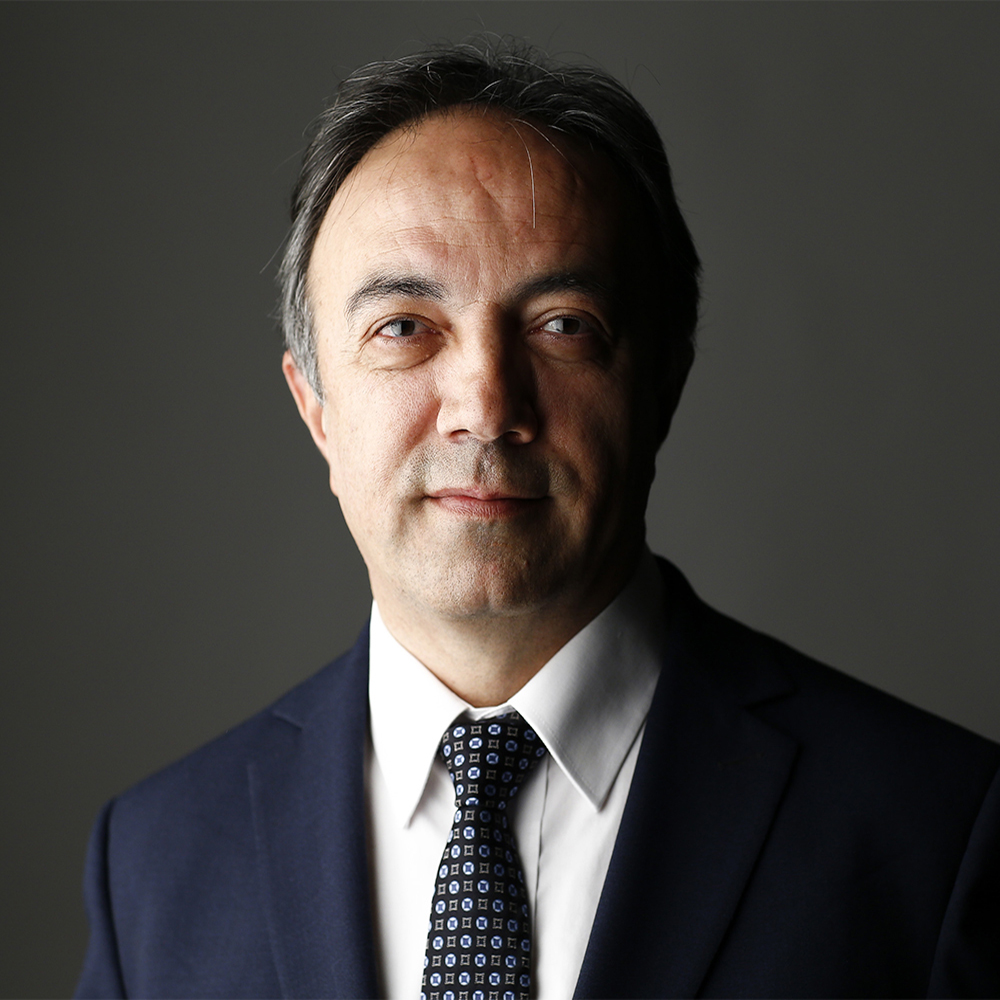
Prof. Dr. Ayhan KAYA, Istanbul Bilgi University
Discussants
Prof. Dr. Ayhan KAYA, Istanbul Bilgi University
Ayhan Kaya is
Professor of Politics at the Department of International Relations, Istanbul
Bilgi University; Director of the Jean Monnet Centre of Excellence; and a
member of the Science Academy, Turkey. He is currently European Research
Council Advanced Grant holder (ERC AdG, 2019-2024). He received his PhD and MA
degrees at the University of Warwick, England. His most recent manuscript is Populism and Heritage in Europe. Lost in
Diversity and Unity (London: Routledge, 2019). His recent edited volume is Memory in European Populism (London:
Routledge, 2019, with Chiara de Cesari). Some of his books are Turkish Origin Migrants and their
Descendants: Hyphenated Identities in Transnational Space (Palgrave, 2018),
Europeanization and Tolerance in Turkey
(London: Palgrave, 2013); Islam,
Migration and Integration: The Age of Securitization (London: Palgrave,
2012).
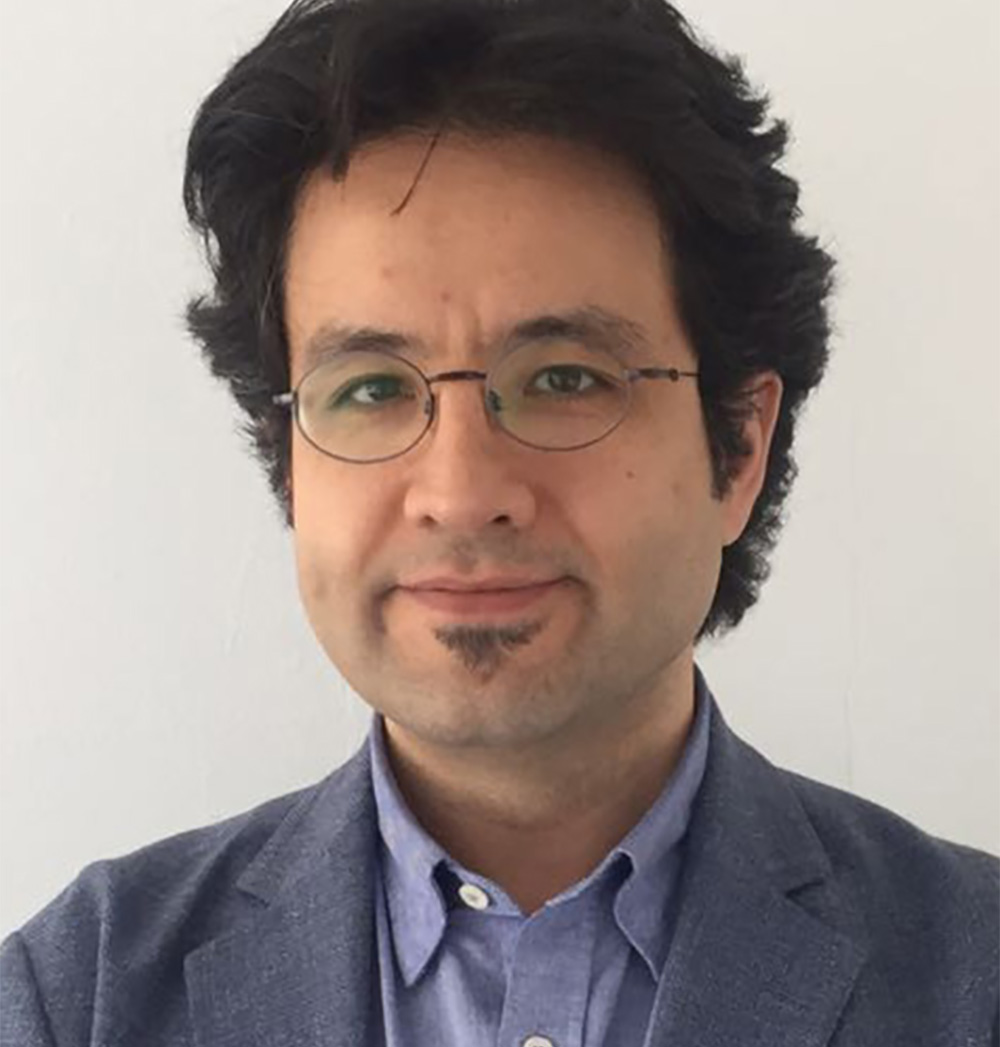
Dr. Öğr. Üyesi Erhan KURTARIR, Yıldız Teknik Üniversitesi
Discussants
Asst. Prof. Dr. Erhan KURTARIR, Yıldız Technical University
Erhan Kurtır has been working at Yıldız Technical University’s City and
Regional Planning Department in the field of education and research since 2005.
He completed his undergraduate education at METU in 2003. He completed his
master's degree at YTU Institute of Science in 2006 with a thesis on the
Marketing Strategies of Cities. During his doctoral studies, he conducted field
studies in Turkey and England in which he evaluated the relationship between
“faith” and “space”. In his doctoral thesis, which he completed at the same
institution in 2012, he investigated the role of space and planning in the
processes of maintaining the cultural identities of minority and disadvantaged
belief groups which are not sufficiently represented in the planning processes.
After completing his thesis, he conducted the Istanbul Cemevleri Inventory
project between 2013 and 2015. He served as a Board Member of the Istanbul
Branch of the Chamber of Urban Planners between 2014 and 2016. Furthermore, he
has provided consultancy and expert support to various non-governmental
organisations, local administrations and public institutions.
His current areas of research are Cultural Geography, Geography of
Religion; Migration and Urban Refugees; Local Democracy and Participation in
Planning, Human Rights, and Right to the City. In his current research
projects, he focuses on urban planning policy which is inclusive, sensitive to
human rights and sustainable. He conducts research projects especially on Local
Adaptation Processes of Urban Refugees and Inclusive Local Government Models.
He continues his research in this direction on management models focused on
inclusive local policy, participation in planning, and equitable public service
delivery.
Personal webpage: https://avesis.yildiz.edu.tr/kurtarir
Assoc. Prof. Hakan YÜCEL, Galatasaray University
Discussants
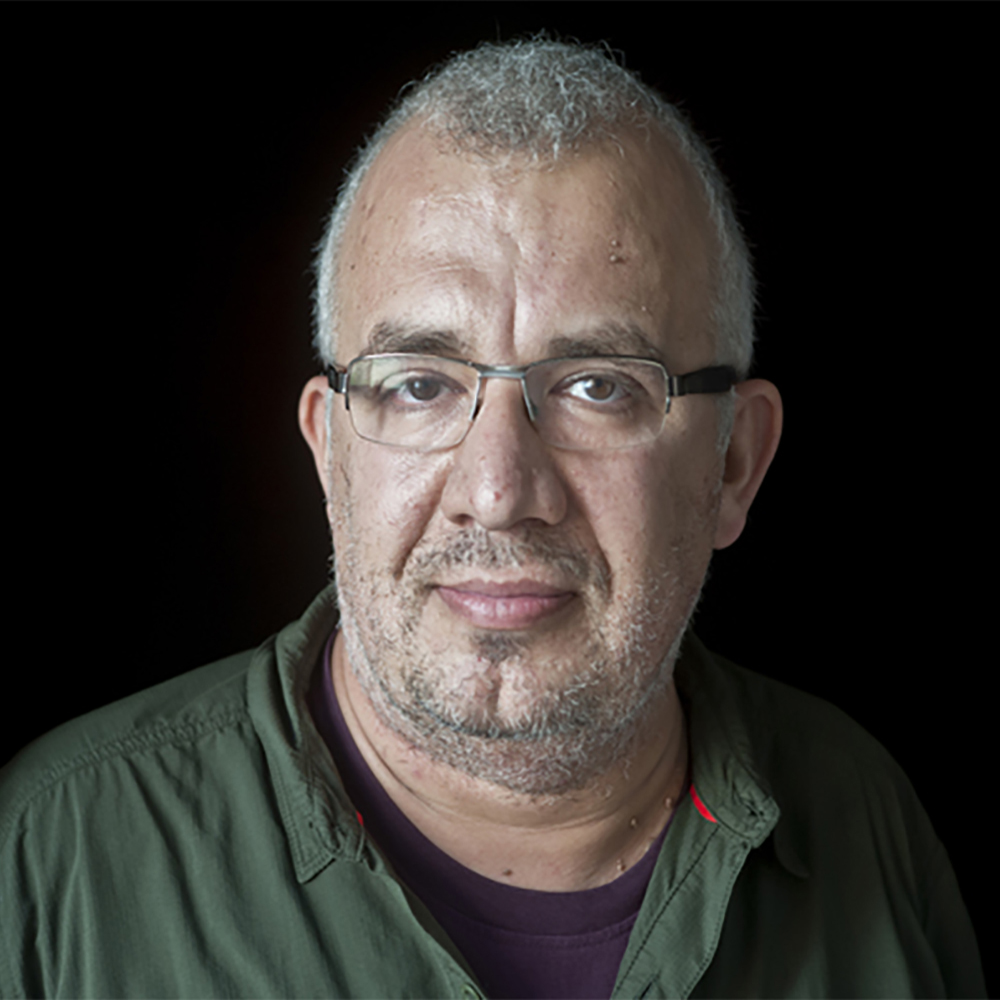
Assoc. Prof. Hakan YÜCEL, Galatasaray University
Discussants
Assoc.
Prof. Hakan YÜCEL, Galatasaray University
Hakan Yücel graduated from the Department
of Public Administration at Marmara University in 1995, and from a Politics and
Social Sciences Master's Program in 1998. He completed a second MA in Sociology
at EHESS in Paris in 2000. In 2006, he defended his doctoral thesis at EHESS
titled "A Spatial-Generational Identity: The Alevi Youth Finder in
Istanbul Gazi District". Yucel, who works as a lecturer at Galatasaray
University, has publications on the subjects of youth and urban sociology,
Alevi identity, and popular culture.
Prof. Marie COUROUCLI, IIAC
Discussants
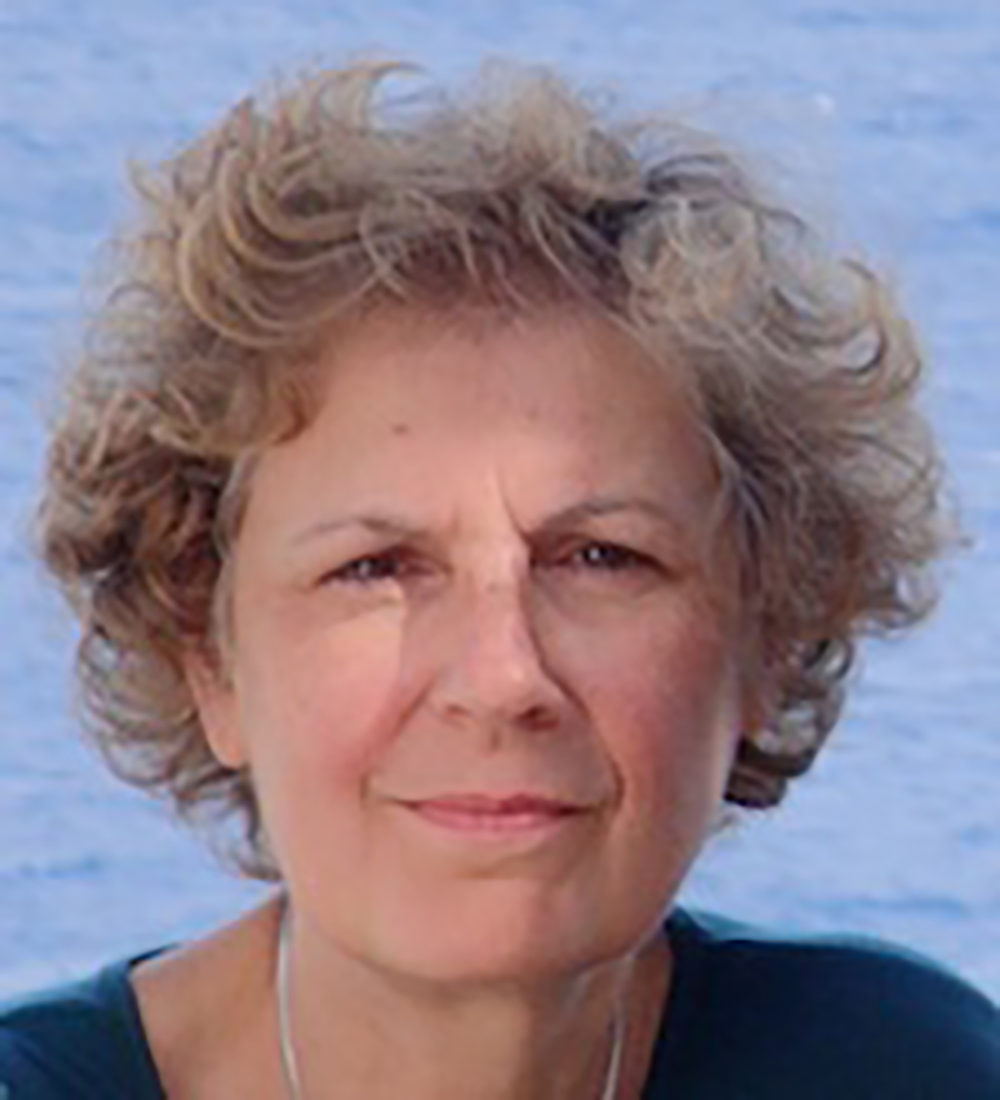
Prof. Marie COUROUCLI, IIAC
Discussants
Prof.
Marie COUROUCLI, IIAC
Maria Couroucli, HDR, Research
Director at CNRS, practices historical and comparative anthropology in the
context of the Greek, Balkan and Mediterranean world. Her work has focused on
kinship systems and social organisation; identity representations, nationalism
and ethno-religious representations in contemporary Greece. She co-directed
with Dionigi
Albera comparative research on the methods of sharing sacred places in the
Mediterranean between Christians, Jews and Muslims within the framework of the
European Network REMSH then RAMSES. More recently, she has directed research
programs on intellectual traditions in Greece and the Balkans. His current work
concerns social and collective memory and uses of the past in the context of
economic, social and political crisis.
Her areas of research are:
Historical anthropology; ethnohistory; religious practices; shared holy places;
memory; uses of the past; values and practices of trust in times of crisis.
Dr. Mine YILDIRIM, Freedom of Belief Initiative
Discussants
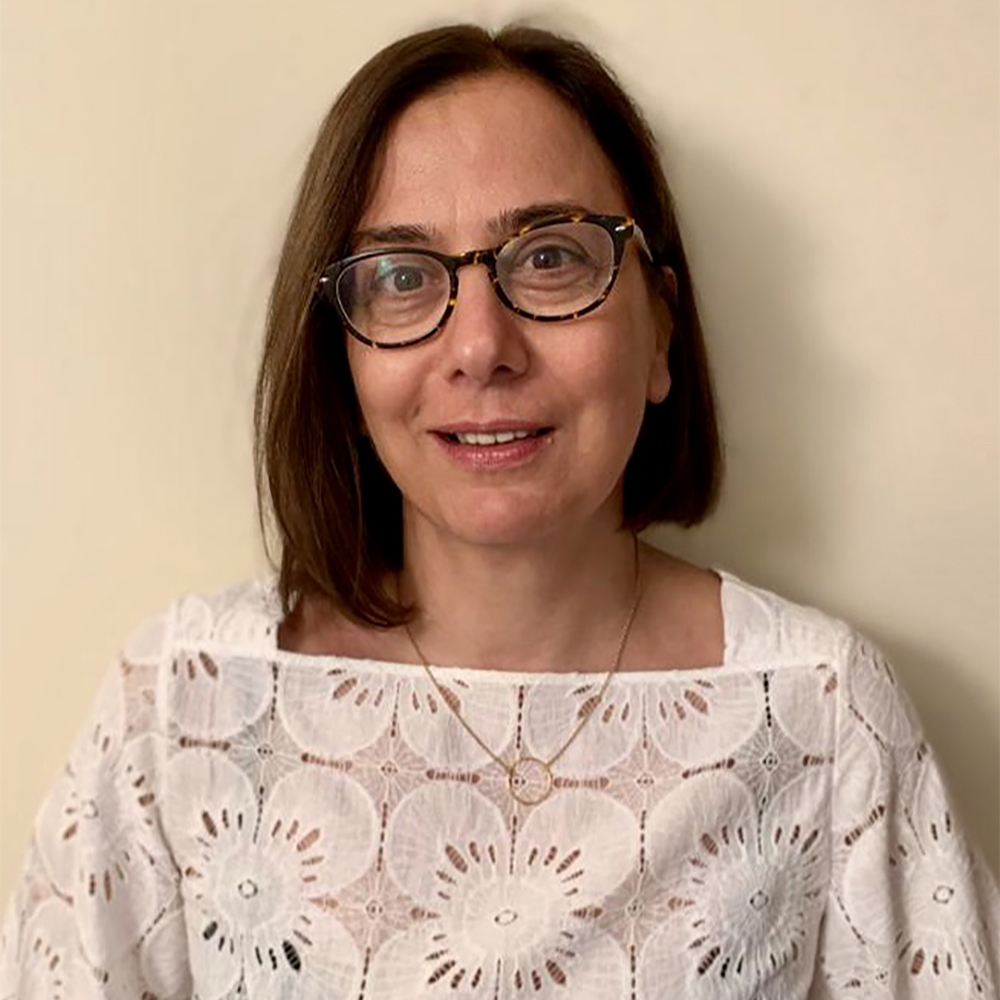
Dr. Mine YILDIRIM, Freedom of Belief Initiative
Discussants
Dr. Mine YILDIRIM, Freedom of Belief Initiative
Dr.
Mine Yıldırım is a scholar of human rights law and an expert on international
protection of freedom of religion or belief. She is the founder of the Freedom of Belief Initiative,
established in 2011 as the first Turkish human rights based initiative specializing
in freedom of religion or belief.
She works with the Norwegian Helsinki Committee on this Initiative monitoring
and reporting on freedom of religion or belief in Turkey. Yildirim is a member
of the OSCE/ODIHR Panel of Experts on Freedom of Religion or Belief. She has
served as a consultant on numerous international projects. Her work covers
different facets of religious freedom, including the collective dimension of
freedom of religion or belief, religious minorities and religious education.
She was the co-recipient of the Stefanus Prize in 2016. She received her
doctoral degree at AAbo Akademi Institute for Human Rights with her thesis on
the collective dimension of freedom of religion or belief. Her doctoral thesis
is published as a book entitled The
Collective Dimension of Freedom of Religion: A Case Study on Turkey. She is a member of the Editorial Board of the
academic journal Religion & Human Rights and has published extensively in
academic journals and contributes to Forum 18.
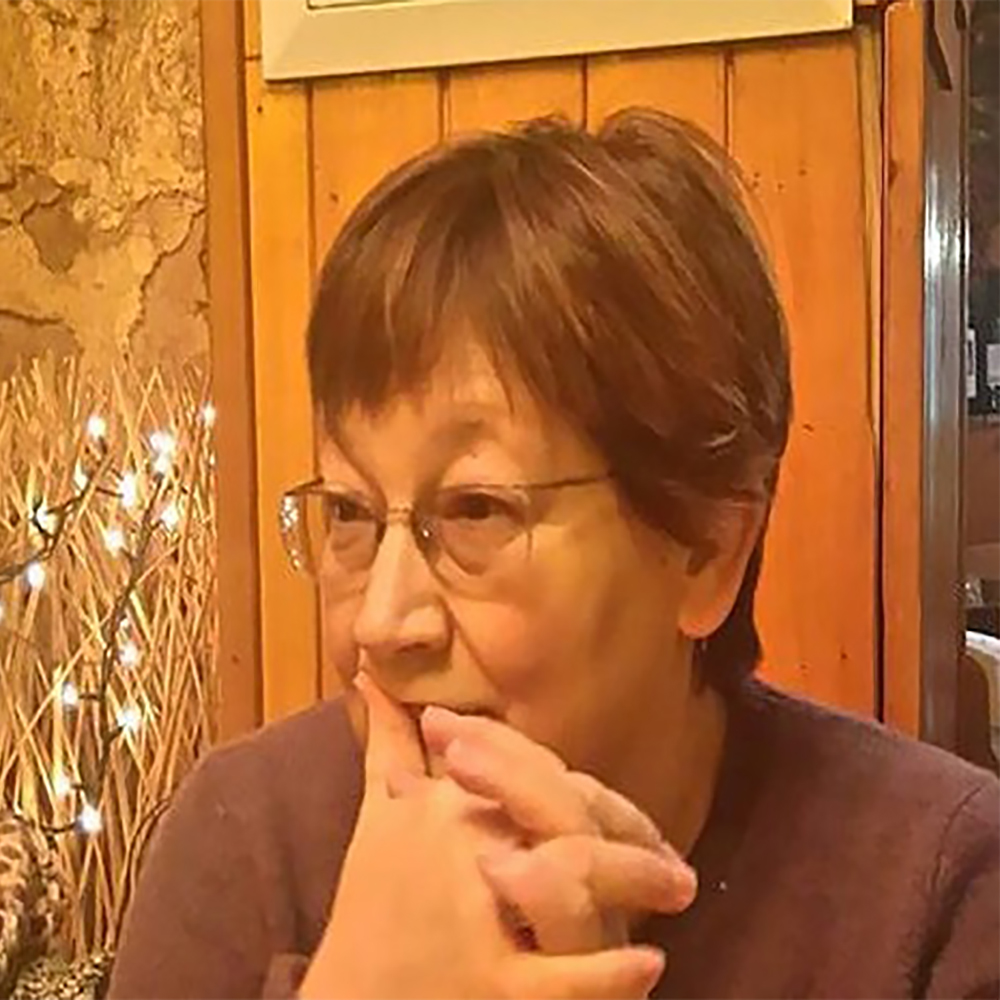
Prof. Rossitsa GRADEVA, American University of Bulgaria
Discussants
Dr. Mine YILDIRIM, Freedom of Belief Initiative
Dr.
Mine Yıldırım is a scholar of human rights law and an expert on international
protection of freedom of religion or belief. She is the founder of the Freedom of Belief Initiative,
established in 2011 as the first Turkish human rights based initiative specializing
in freedom of religion or belief.
She works with the Norwegian Helsinki Committee on this Initiative monitoring
and reporting on freedom of religion or belief in Turkey. Yildirim is a member
of the OSCE/ODIHR Panel of Experts on Freedom of Religion or Belief. She has
served as a consultant on numerous international projects. Her work covers
different facets of religious freedom, including the collective dimension of
freedom of religion or belief, religious minorities and religious education.
She was the co-recipient of the Stefanus Prize in 2016. She received her
doctoral degree at AAbo Akademi Institute for Human Rights with her thesis on
the collective dimension of freedom of religion or belief. Her doctoral thesis
is published as a book entitled The
Collective Dimension of Freedom of Religion: A Case Study on Turkey. She is a member of the Editorial Board of the
academic journal Religion & Human Rights and has published extensively in
academic journals and contributes to Forum 18.
Doç. Dr. Ali Çağlar Deniz - ADO
Speaker
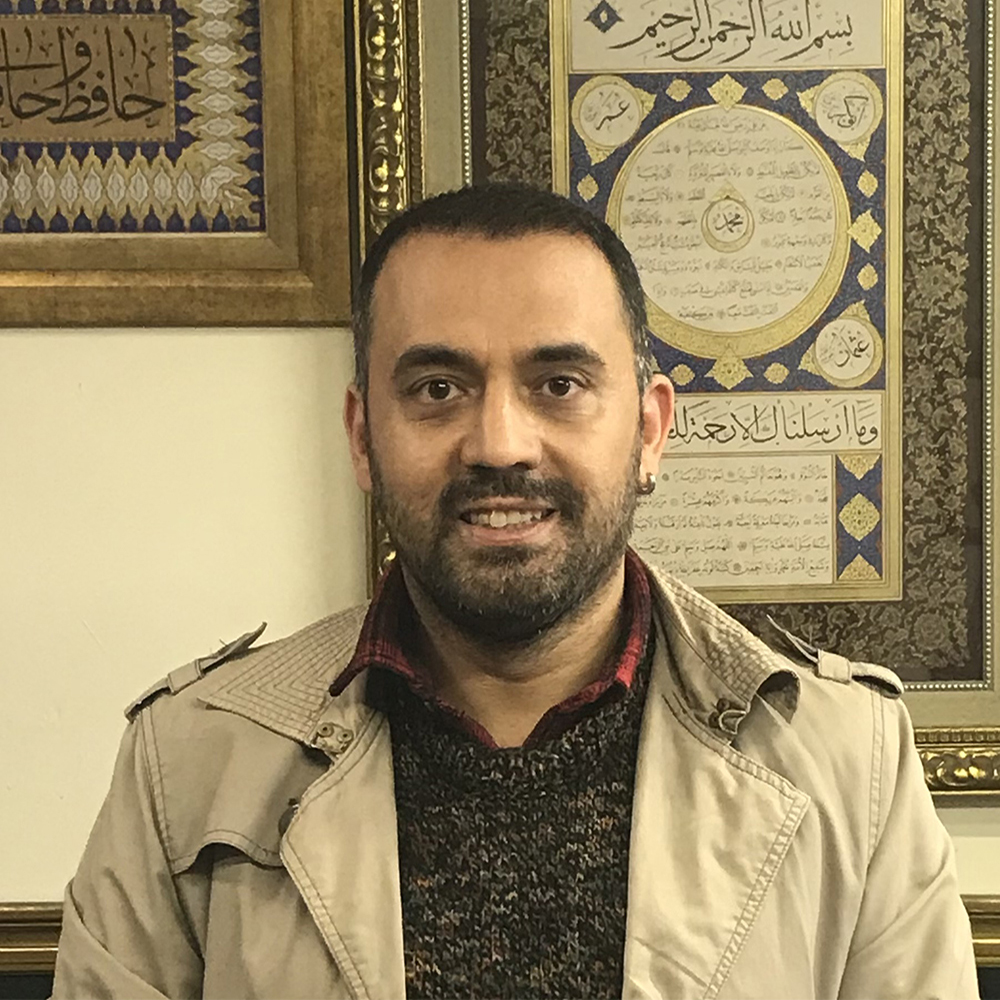
Doç. Dr. Ali Çağlar Deniz - ADO
Speaker
Dr.
Ali Çağlar DENIZ, ADO
Ali Çağlar Deniz studied Theology in
Selçuk University (2002), wrote a MA thesis on Sociology of Religion in Gazi
University (2006) and obtained Phd in İstanbul University on Sociology (2013).
He has been as a visiting lecturor at Delaware University (2012-2013, USA),
Univerza v Ljubljani (2014, Slovenia) and Kırgız-Türk Manas Üniversitesi (2015,
Kyrgyzstan). He has published some books on Turkish Modernization, the
Sociology of History, Migration and Gender; Türk
Modernleşmesinde Düşümsel Dönüşümler (Anahtar K., 2013), Öğrenci İşi (İletişim, 2015), Hafıza Yelpazesi (E, 2014), Toplumsal Hareket Teorileri ve Ortadoğu
İsyanları (Orion, 2015), Öteki
Muhafazakarlık (Phoenix, 2016), Yeni
Medya ve Toplum (Literatürk, 2016), Bizim
Müstakbel Hep Harap Oldu (Bilgi Üniversitesi, 2016). He was the consultant
of a documentary conducted by TRT named after as “Öğrenci İşi” based on his
book. Deniz has done research on religious minority groups and migration since
2017. He is the moderator of a gender equality project headed by Mavi Kalem on
Syrian refugee men living in Turkey
since 2018.
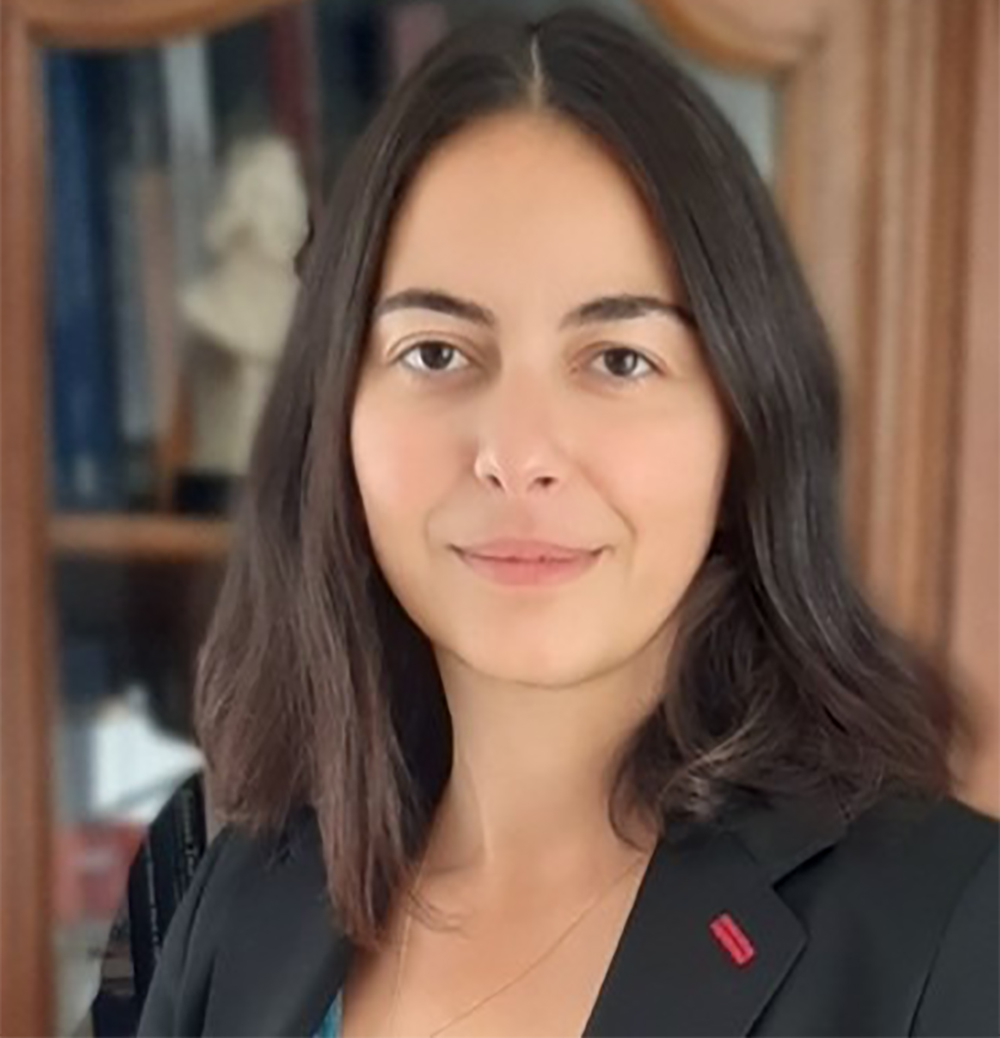
Jun. Prof. Aude Aylin DE TAPIA, Albert Ludwig University of Freiburg
Speaker
Jun. Prof. Aude Aylin
DE TAPIA, Albert Ludwig University of Freiburg
Aude Aylin de Tapia is a Junior
Professor in Turkish and Islamic studies at the Oriental Seminar of the
Albert-Ludwigs-Universität Freiburg (Germany). In 2016, she defended her PhD
Thesis on the relations between Rums and Muslims in nineteenth-century Cappadocia
(EHESS-Paris & Bogaziçi University-Istanbul). In 2016-2017, she was a
researcher and archivist at the Bogaziçi University Archives and Documentation
Center and a lecturer at the Galatasaray University, and in 2017-2019 a
postdoctoral fellow at the Aix Marseille University. Her main research focuses
on religious interactions between Rums and Muslims, shared worship places, and
religious heritage complex in Turkey.
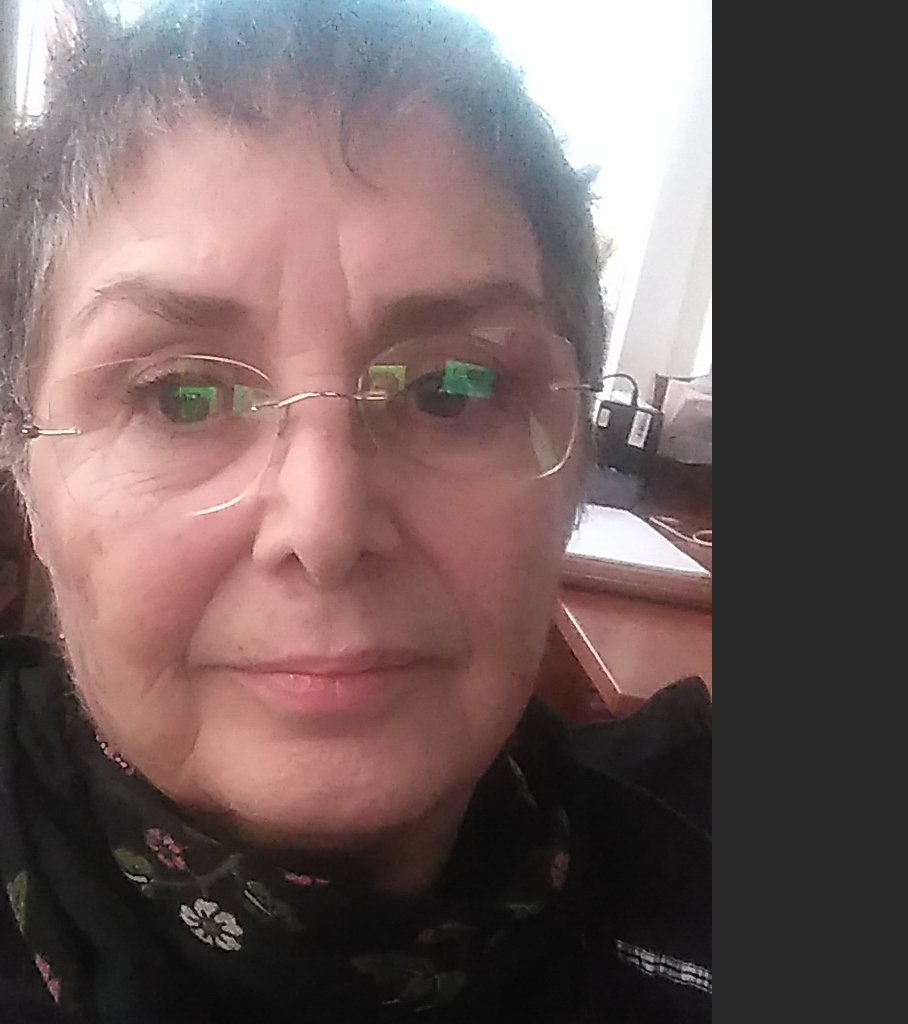
Prof. Dr. Ayşe Nur ÖKTEN, Yıldız Technical University
Speaker
Prof. Dr. Ayşe Nur
ÖKTEN, Yıldız Technical University
She graduated from Robert College
with a Bachelor in Business Administration (B.B.A.) in 1970 and obtained her
PhD from the Department of Economic Sociology at Istanbul University in 1980.
She obtained a full professorship in regional planning at Yıldız Technical
University in 1994. She retired from the Department of City and Regional
Planning at the same university in 2014. Her research interests include urban
sociology, human geography, economic geography, methodology and regional
planning.
Her
selected publications include:
q
OKTEN,
A.N., CEKIC, I. T., KOZAMAN, S. (2021)
Civic engagement in an informal settlement: Between the devil and deep
blue sea, Cities 112 (2021) 103110
(online)
q
OKTEN,
A and EVREN, Y. (2011) Stickiness and
slipperiness in Istanbul’s old city jewellery cluster: a survival story,
q
EVREN,
Y. and OKTEN, A (2011) Family solidarity and place as agents in the
reorganization in health care in Istanbul; A study of the interaction of a
hospital with local culture and built environment in the historical district, International Planning Studies (IPS)
17(1), 2011.
q
OKTEN,
A., ALTINOK, E. ve BILEN, O. (2008) “Yoksulluk Deplasmanda” (The displaced poverty). Paper presented at Dünya Şehircilik Günü 32. Kolokyumu (The
World City Day, 32nd Congress) , 6-8
November 2008, İstanbul.

Prof. Dr. Beatrice ST. LAURENT - Bridgewater State University
Speaker
Prof. Dr. Beatrice ST. LAURENT,
Bridgewater State University
Dr. Beatrice St. Laurent received her PhD in Islamic Art at
Harvard University as a student of Oleg Grabar. Her doctoral thesis Ottomanization and Modernization: The
Architecture and Urban Development of Bursa and the Genesis of Tradition
1839-1914 focused on the Late Ottoman Period of the first Ottoman capital.
She is Professor of Art History in the Department of Art and Art History,
College of Humanities & Social Sciences at Bridgewater State University,
Bridgewater, MA, USA. She has been involved in research on the restorations of
the Dome of the Rock and al-Aqsa Mosque for 30 years with many book chapters
and articles on the subject including “The Dome of the Rock. Restorations and
Significance 1540-1918,” Ottoman
Jerusalem eds. S. Auld and R. Hillenbrand published in 2000. She and with
the collaboration of her now deceased colleague Arch. Isam Awwad (former Chief
Architect and Conservator of the Ḥarām al-Sharīf) are currently completing a
book on 7th century Jerusalem entitled Capitalizing Jerusalem: Mu‘awiyā’s Urban Vision 638-680 as well as
another book on the 20th and 21st century restorations of
the Dome of the Rock and al-Aqsa Mosque.
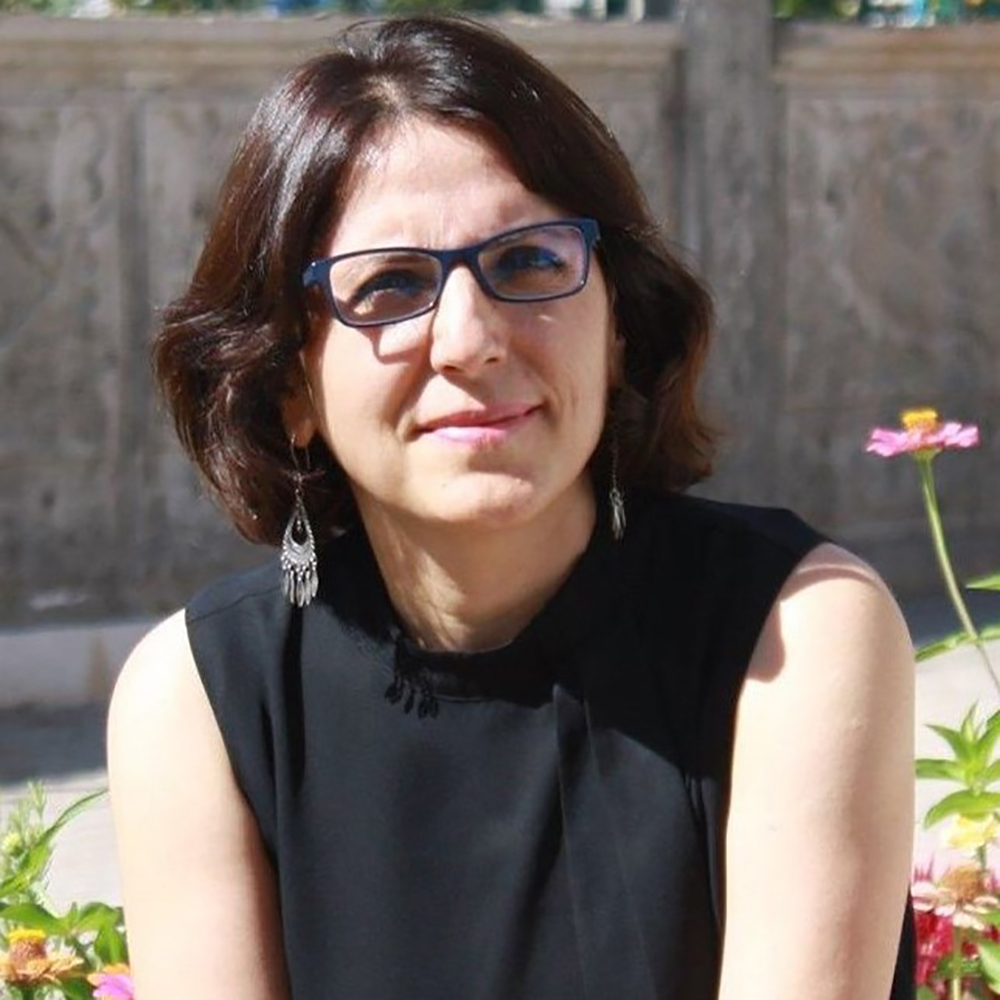
Doç. Dr. Birgül AÇIKYILDIZ - Paul Valéry University
Speaker
Assoc. Prof. Birgül
AÇIKYILDIZ, Paul Valéry University, Montpellier III
Received her BA and MA degrees in
art history at Hacettepe University in Turkey; her M.Phil (DEA) and PhD at
Paris I Pantheon-Sorbonne University in France. She was appointed to a Barakat
Trust Postdoctoral fellowship at the Khalili Research Centre for the Art and
Material Culture of the Middle East, Faculty of Oriental Studies, University of
Oxford where she worked also as a research fellow. She, then, received the Aga
Khan (AKPIA) and Turkish Cultural Foundation Post-Doctoral Fellowships and
worked as a research fellow at Harvard University. She taught at the University
of Paris I and Hacettepe University. She chaired the Department of History of
Art at Mardin Artuklu University. Currently, she works as a research associate
at the University of Paul Valéry, Montpellier III and as a researcher at French
Anatolian Research Institute in Istanbul.
Major research interests include
Yezidi art and culture, Islamic art and architecture; Ottoman Modernisation, Architecture of
religious communities of Mesopotamia.
She is the author of the book, The Yezidis: The History of a Community,
Culture and Religion, London and New York: I.B. Tauris Publishers, 2010,
2014.
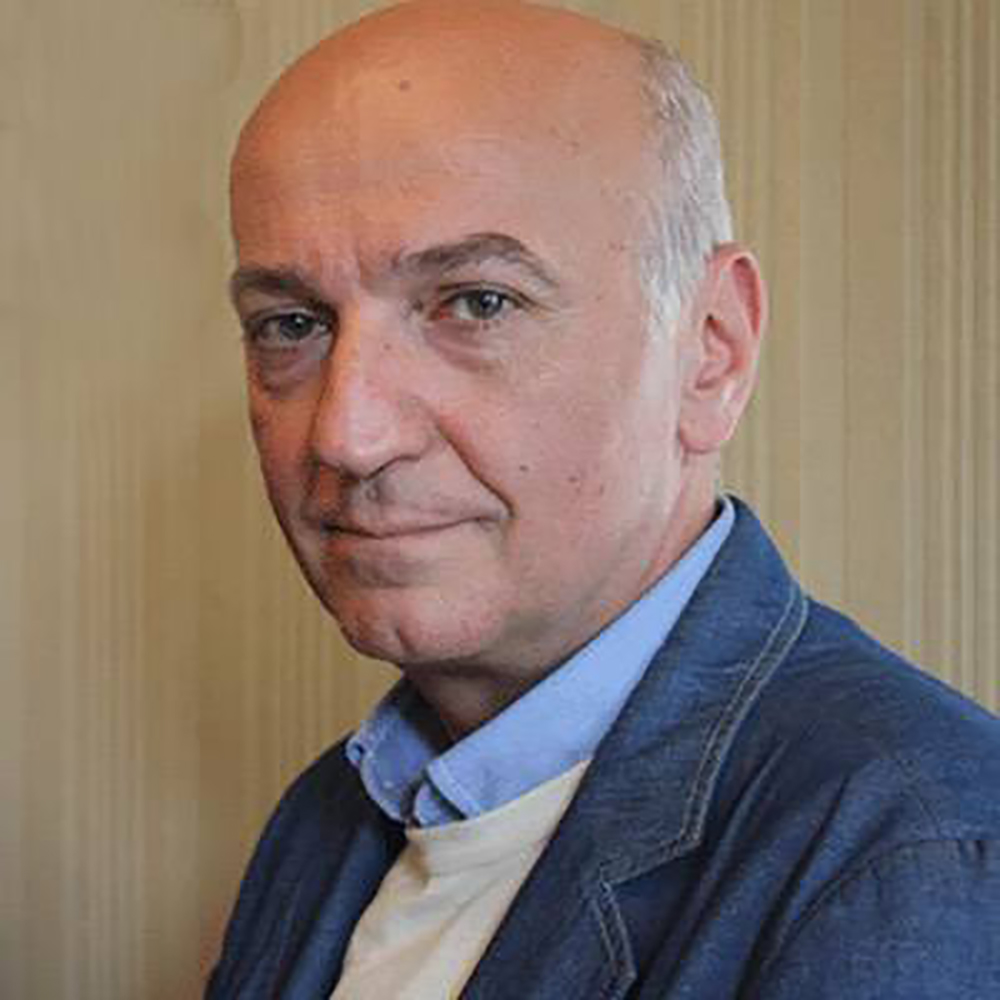
Atty. Cem Murat SOFUOĞLU, Istanbul Okan University
Speaker
Atty. Cem Murat SOFUOĞLU, Istanbul Okan University
After graduating from Saint Joseph
French High School for Boys, in 1977 I enrolled at Istanbul University’s
Faculty of Law. After my graduation and my legal internship, I started to work
as a lawyer in 1984. I completed my master's degree on European Union Law and
Institutions at Bilgi University in 1998. In 2001, I was a pioneer in the
establishment of the European Union Law Commission at the Istanbul Bar
Association, and I was the president of the same commission for many years. For
a long time since 2002, I have organised events in a non-governmental
organisation for Turkey to be a candidate member of the European Union. I made
a programme on human rights and democracy on Cem TV between 2012-2013. I
started to engage in this profession after passing the mediatorship exam in
2017. Since 2013, I have been teaching as a lecturer at Okan University’s
Faculty of Law. I have published many articles (one in a foreign language) on
literature and law. In 2021, I will complete my 37th year in my profession as a
lawyer. I write and speak English and French well.

Asst. Prof. Dr. Cemal SALMAN, Istanbul University
Speaker
Asst. Prof. Dr. Cemal SALMAN, Istanbul University
He was born in Sivas in 1982. Up
until his graduate studies, his educational life was spent in Ankara, where he
immigrated with his family when he was six years old. He holds undergraduate
and graduate degrees in Public Administration and Political Science at Gazi
University; he received his PhD from Istanbul University. During his doctoral
studies, he conducted field research in Sivas-Yıldızeli, Ankara, Germany and
various regions of France during numerous periods between 2013-2014, and worked
as a visiting researcher at the University of Cologne-Germany for six months in
2014. His thesis was titled “The Transformation of Alevi Identity in Migration
and the Urbanisation Process”. He was awarded the 2017 Young Social Scientists
Award of the Year in the doctorate category. He also participated in the team
conducting research on “Syrian Immigrant Labor”, which was awarded the
DİSK-Kemal Türkler Emek Research Award in 2017. In 2018-2019, he obtained a
TÜBİTAK scholarship for his post-doctoral research project titled “The Effects
of Emigration on Social Memory, Belief and Culture: Alevis in Britain and
Germany” and worked as a visiting researcher at University College London.
During this period, he carried out field studies on the Alevi diaspora in two
countries. He has been working as a researcher for the TÜBITAK project titled
“The Shelter Experiences of Syrian Refugees in Istanbul” since September 2019.
Salman, who has been a member of the Faculty of Political Sciences at Istanbul
University since 2011, is currently a lecturer at this faculty. Salman’s
academic interests are spatial theory and politics, migration, urbanisation,
social memory, culture-identity studies and Alevi identity in particular; his
non-academic interests are poetry and cinema. In addition to his book titled
“Lâmekândan Cihana: Immigration Identity Alevism”, he has published many
articles, reports, poems and writings on national and international issues.
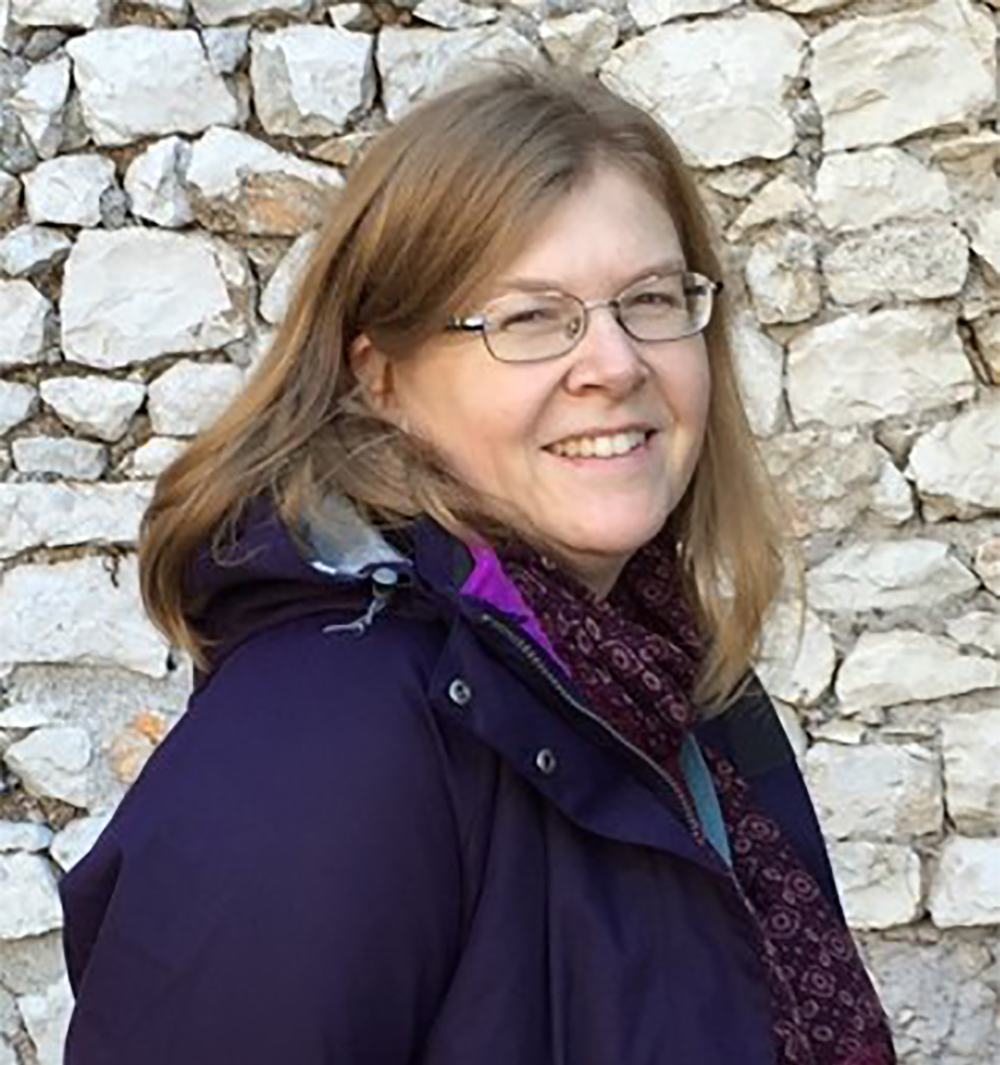
Prof. Emma LOOSELY, University of Exeter
Speaker
Prof. Emma LOOSELY,
University of Exeter
Emma Loosley Leeming studied at the
University of York, The Courtauld Institute of Art and the School of Oriental
and African Studies in the UK before taking up a position teaching Middle
Eastern Art and Architecture at the University of Manchester. In 2013 she
joined the Department of Theology and Religion at the University of Exeter
where she specialises in the Christianity of the Middle East and Caucasus, with
a special focus on the material culture of early and mediaeval Christianity in
these regions. Her particular research expertise is the archaeology and
architecture of early Syrian Christianity and, until the outbreak of the Syrian
civil war, she regularly excavated in Syria having led two Anglo-Syrian
excavations at Dayr Mar Elian, Qaryatayn, and Zalabiyeh on the Euphrates. From
2012-2017 she held an ERC Starting Grant to research the relationship between
Syria and Georgia in Late Antiquity and details of the project can be found at:
http://architectureandasceticism.exeter.ac.uk During her time in Syria she lived
for a year in Aleppo amongst the Urfali,
the descendants of the Christians expelled from Şanlıurfa in 1924, and it is
their stories about their ancestral home that form the basis of her paper for
this conference.
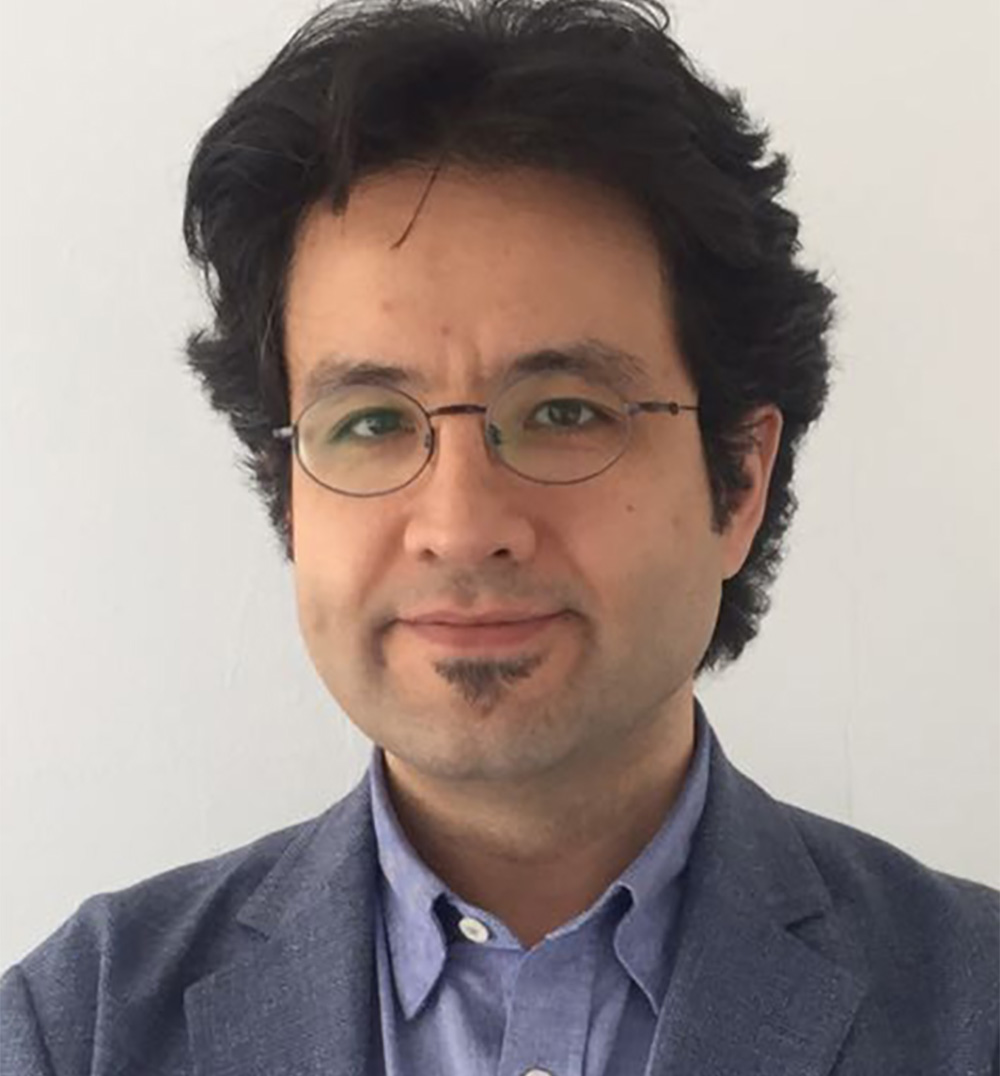
Asst. Prof. Dr. Erhan KURTARIR, Yıldız Technical University
Speaker
Asst. Prof. Dr. Erhan KURTARIR, Yıldız Technical University
Erhan
Kurtır has been working at Yıldız Technical University’s City and Regional
Planning Department in the field of education and research since 2005. He
completed his undergraduate education at METU in 2003. He completed his
master's degree at YTU Institute of Science in 2006 with a thesis on the
Marketing Strategies of Cities. During his doctoral studies, he conducted field
studies in Turkey and England in which he evaluated the relationship between
“faith” and “space”. In his doctoral thesis, which he completed at the same
institution in 2012, he investigated the role of space and planning in the
processes of maintaining the cultural identities of minority and disadvantaged
belief groups which are not sufficiently represented in the planning processes.
After completing his thesis, he conducted the Istanbul Cemevleri Inventory
project between 2013 and 2015. He served as a Board Member of the Istanbul
Branch of the Chamber of Urban Planners between 2014 and 2016. Furthermore, he
has provided consultancy and expert support to various non-governmental
organisations, local administrations and public institutions.
His
current areas of research are Cultural Geography, Geography of Religion;
Migration and Urban Refugees; Local Democracy and Participation in Planning,
Human Rights, and Right to the City. In his current research projects, he
focuses on urban planning policy which is inclusive, sensitive to human rights
and sustainable. He conducts research projects especially on Local Adaptation
Processes of Urban Refugees and Inclusive Local Government Models. He continues
his research in this direction on management models focused on inclusive local
policy, participation in planning, and equitable public service delivery.
Personal
webpage: https://avesis.yildiz.edu.tr/kurtarir
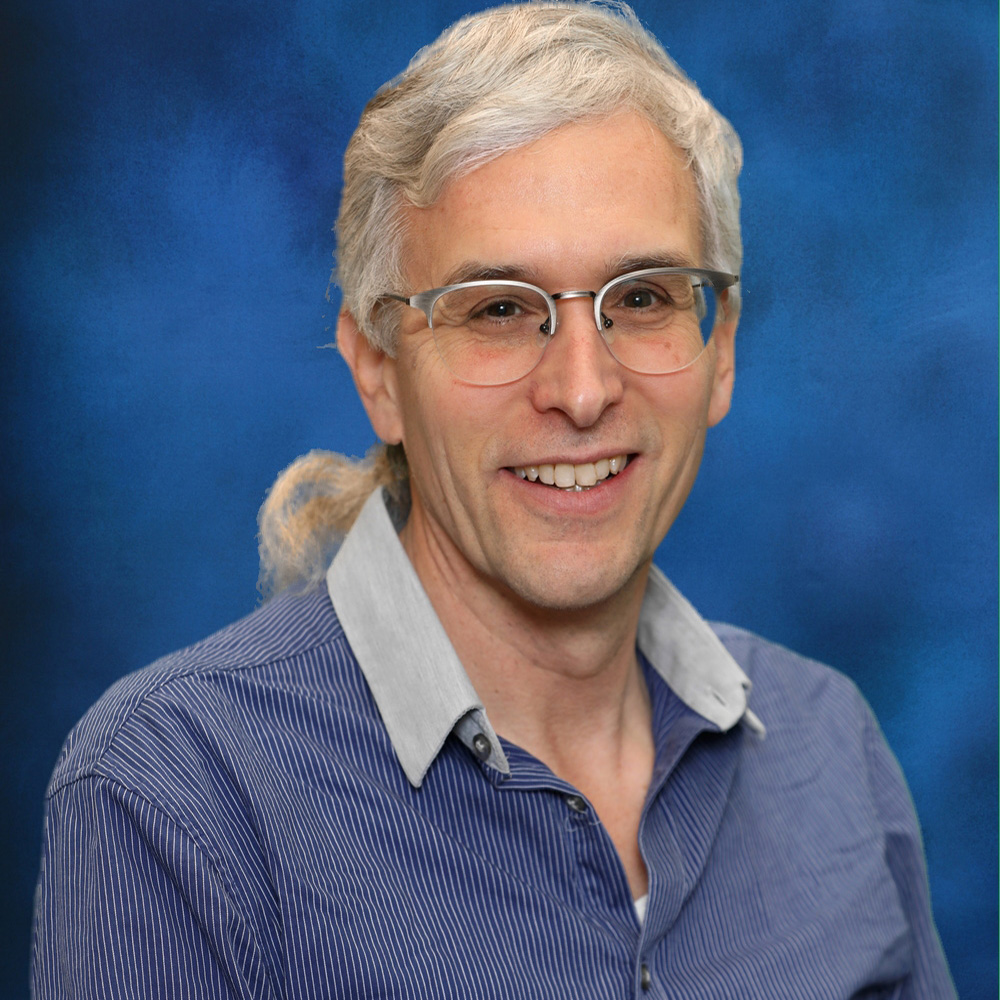
Dr. Leonard HAMMER, University of Arizona
Speaker
Dr. Leonard HAMMER, University of Arizona
Leonard Hammer is the Director of Outreach and Development
for the Human Rights Practice graduate programs at the University of Arizona,
and the Stein Family Visiting Professor at the Judaic Studies Center, also at
the University of Arizona.
He has published books and articles on issues pertaining
to international law, international human rights, cultural rights, and sacred
space. He has worked as an International Expert for the Open Society Foundation
and has received research grants from the United States Institute of Peace,
Carnegie Council on Peace and International Affairs, the Israel Academy of
Sciences, and the Taiwan Fellowship.
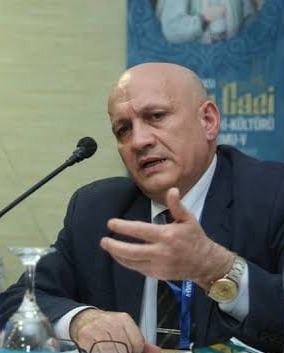
Doç. Dr. Dilaver AZİMLİ, Azerbaycan Ulusal Bilimler Akademisi (Hatırasına)
Assoc. Prof. Dilaver AZİMLİ, Azerbaijan National Academy of Sciences
I was born in the north of
Azerbaijan, in the village of Agdash, in the Jalilabad region. Our region is
separated from the South of Azerbaijan by barbed wire. The disintegration of
Azerbaijan was a very painful experience for me during my childhood. After
graduating from high school, I served in the military. I then graduated from
Baku State University called MA Rasulzade. During my student years, I was one
of the most active participants in a movement that began in the north of
Azerbaijan. At present, I am the Deputy Chairman for Ideological Affairs at the
Whole Azerbaijani Centre (Bütov), which is fighting for the unification of
Azerbaijan. I am a Doctor of Philosophy in History and Associate Professor at the Azerbaijan National Academy of Sciences. I am married, and have two children.
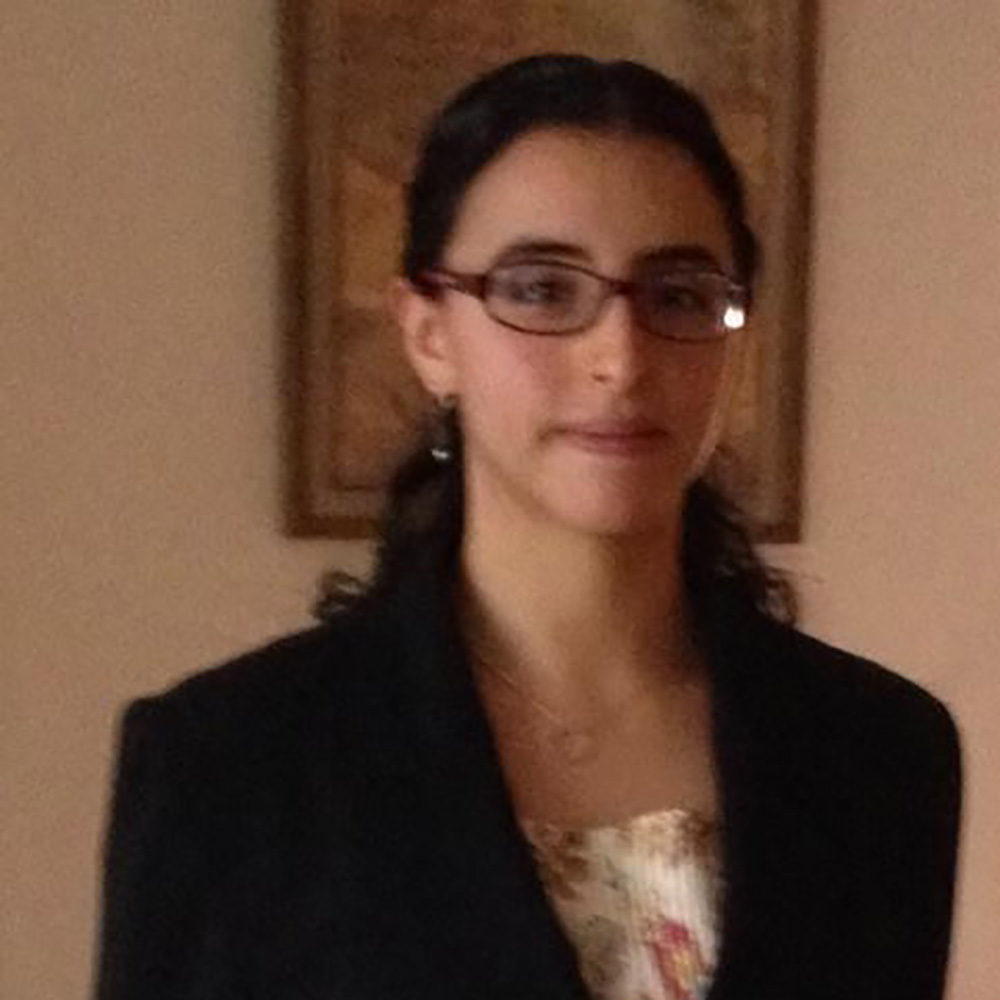
Ms. Lucía CIRIANNI SALAZAR - Free University of Berlin
Speaker
Ms. Lucía CIRIANNI SALAZAR, Free University of Berlin
Lucía Cirianni Salazar holds a BA in Ethnology from the
National School of Anthropology and History of Mexico, and an MA in Asian and
African Studies from El Colegio de México (The College of Mexico), where she
was ascribed to the Middle Eastern Studies Department. She is currently a PhD
candidate in Islamic Studies at the Berlin Graduate School Muslim Cultures and
Societies of the Freie Universität Berlin, where she is writing a dissertation
on the transformation of the Sufi Lodges in Turkey after their official
closure, connecting the different forms of "tekkes" that exist
nowadays with the historical narratives from contemporary Sufi communities
about the law that banned the Sufi orders. Her work analyses contested and
interconnected narratives about secularity, modernity and Sufism through the
use and representation of space. She has published several articles in Spanish
and English on topics like Sufi rebellions in early-republican Turkey,
contesting narratives of the past in Turkey, and Sufism in Mexico.
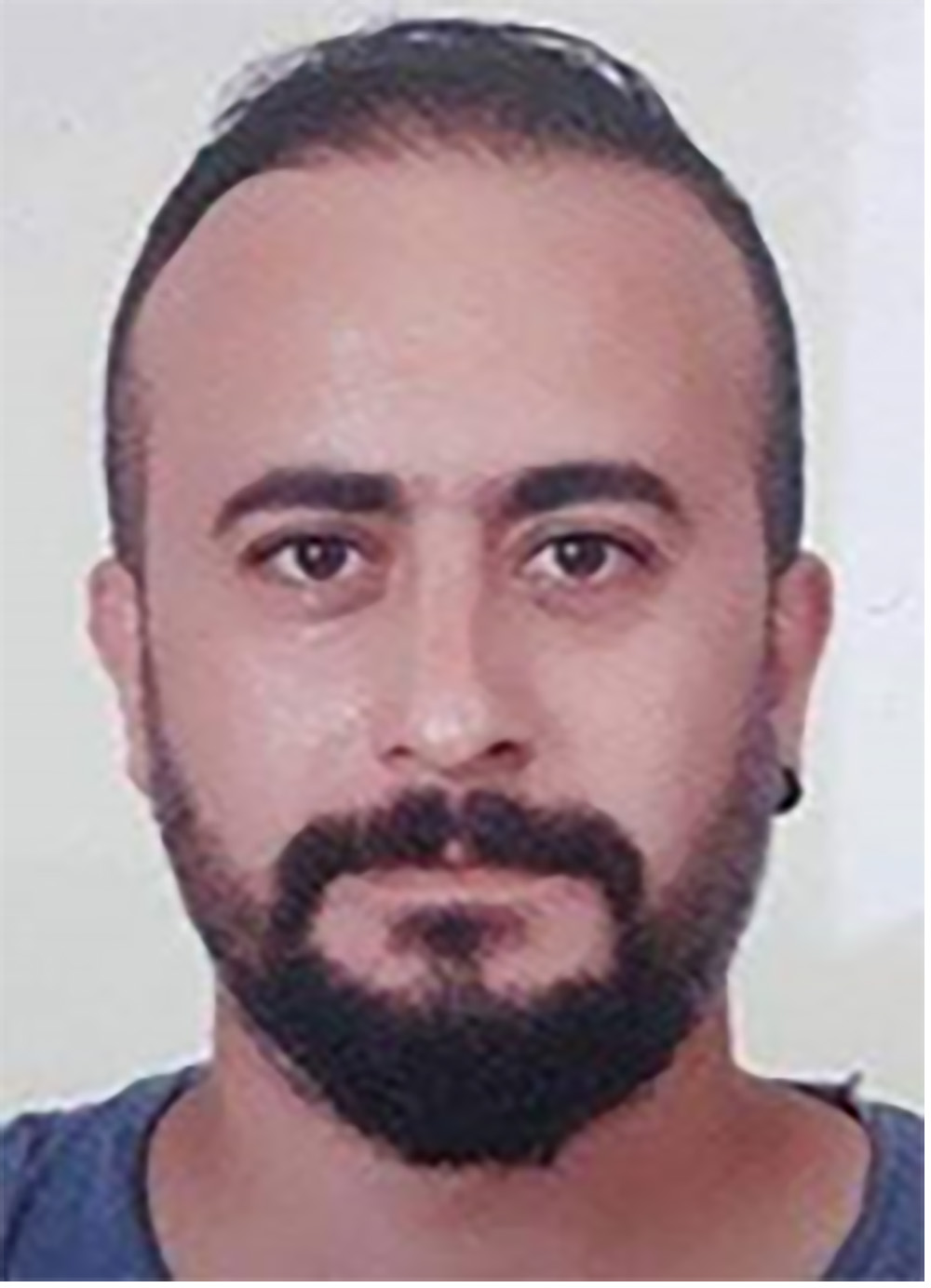
Mr. Mehmet Fatih GÜDEN, Van Yüzüncü Yıl University
Speaker
Mr.
Mehmet Fatih GÜDEN, Van Yüzüncü Yıl University
I was born on April 27, 1984 in Van.
In 2004, I graduated from the Electrical and Electronics Department at the
Vocational School of Van Yüzüncü Yıl University. I completed my undergraduate
education at the Department of Art History at the same university. I am
currently doing my master's thesis on the subject of “Christian Religious
Architecture in the Gürpınar District of Van” at Van Yüzüncü Yıl University’s
Institute of Social Sciences.
For nearly 10 years, I have been
conducting field studies on a voluntary basis to create archives and an
inventory in Lake Van Basin, which is in danger of losing its historical and
cultural heritage of thousands of years due to unawareness, treasure hunting
and security problems. I tried to explain these activities by organising
presentations and seminars in many different institutions, faculties and
cultural centres. In spite of facing the security problems and geographical
difficulties during my research, I discovered many unregistered buildings and
informed the relevant institutions about them. In addition, I produced a 60-minute documentary called “Silent Bells”
in order to raise awareness and sensitivity about the society in which we live.
The desire to protect Cultural
Heritage, which has become a life challenge for me, inspires my efforts to
produce new projects and integrate them into society and to make the society in
which we live more sensitive to these structures.
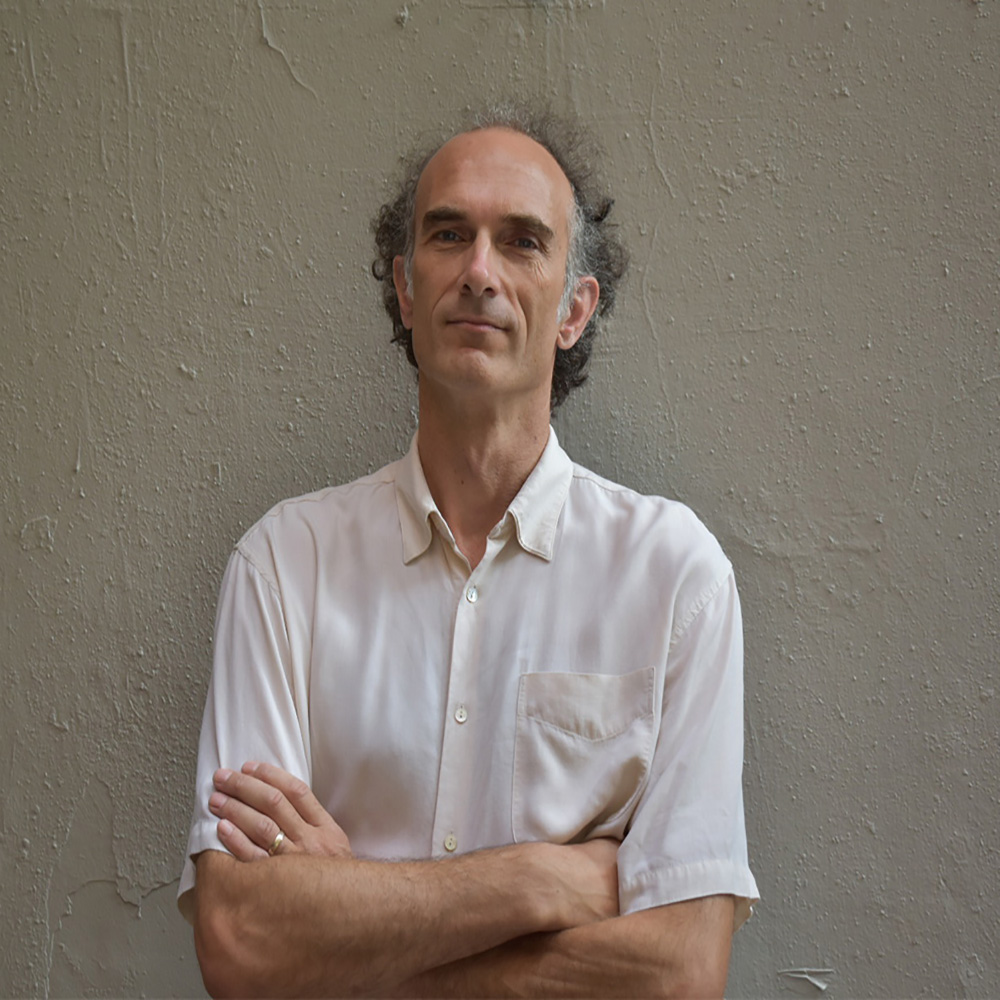
Dr. Markus DRESSLER -University of Leipzig
Speaker
Dr. Markus DRESSLER, University of Leipzig
Markus
Dressler received his Ph.D. in Religious Studies (Erfurt University, 2001),
Doçentlik in Sociology (Turkey, 2011), and Habilitation in Religious Studies
(Bayreuth University, 2014). He is currently DFG Heisenberg Scholar at the
Institute for the Study of Religions, Leipzig University. His research
interests are Alevi Studies; religion, politics, and society in the late
Ottoman Empire and Turkey; religion & secularism.
Selected
publications:
Islamicate
Secularities in Past and Present. Special issue Historical Social Research 2019, co-ed. M.Wohlrab-Sahr,
A.Salvatore.
Writing Religion: The Making of Turkish Alevi Islam. New York 2013.
Secularism and Religion-Making. New York 2011. Co-ed.
A.-P.S.Mandair.
Sufis in Western Society: Global Networking and Locality. London 2009, co-ed. R.Geaves,
G.M.Klinkhammer.
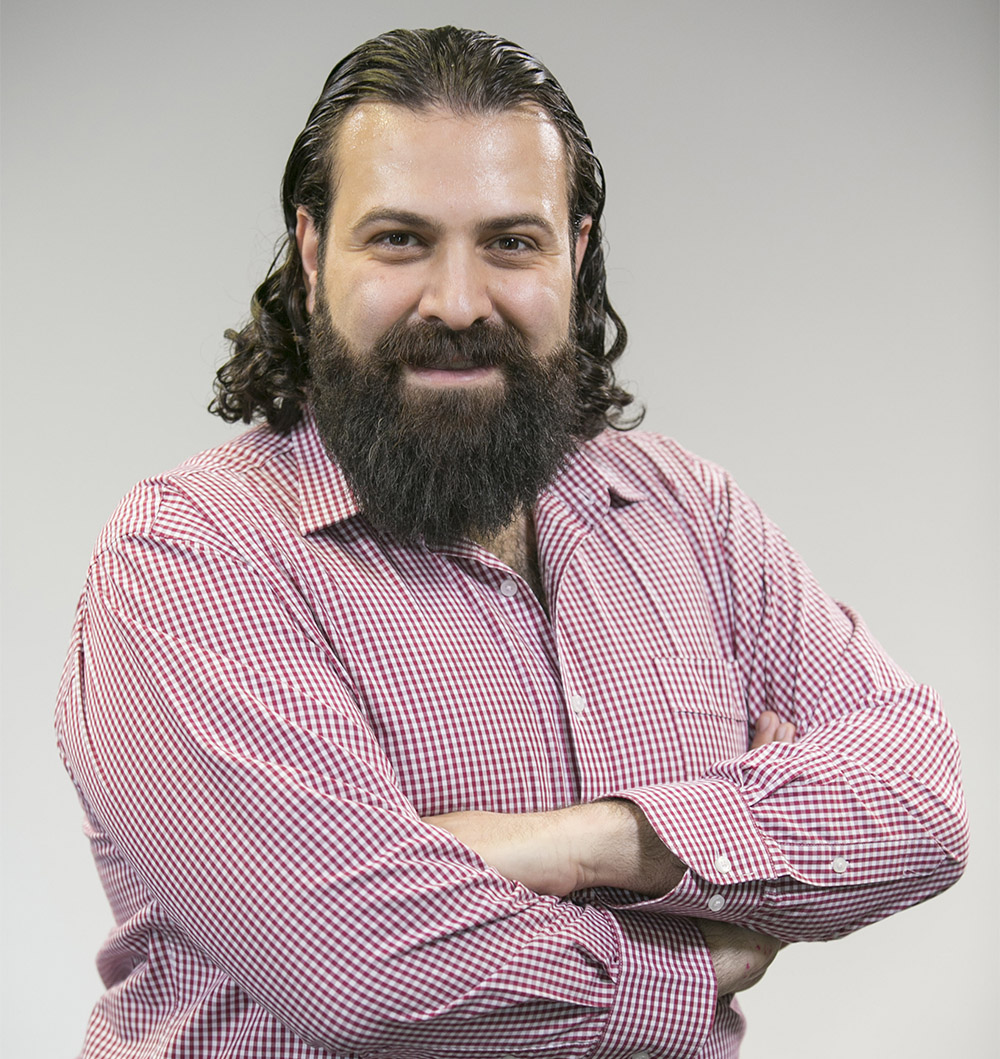
Dr. Nicholas AL-JELOO - Kadir Has University
Speaker
Dr. Nicholas AL-JELOO, Kadir Has University
Dr. Nicholas Al-Jeloo is currently an English Language
Instructor at Kadir Has University in Istanbul. His was previously a lecturer
of Syriac at the School of Historical and Philosophical Studies, University of
Melbourne (2014-2018) and has conducted research for the Peshitta Institute
(Leiden University), University of Sydney and Syriac Language Research Centre
(Whitley College, University of Divinity).
In 2013, he completed his doctoral
dissertation at the University of Sydney, focusing on the socio-cultural
history and heritage of Assyrians in Iran’s Urmia region, based on a corpus of
over 2,300 inscriptions in Syriac and Neo-Aramaic. For his MA thesis in World
Religions (Eastern Christianity) at Leiden University, he evaluated and
analyzed characteristics of pre-nineteenth century Eastern Assyrian church
architecture, based on 114 examples from Iraq, Turkey and Iran. He also holds a
BA in Semitic Languages from Sydney University.
He is a socio-cultural historian with expertise in indigenous Middle Eastern minorities, Eastern Christianity, the history of the Middle East and Islamic World, as well as interfaith and intercultural relations. His specialty is in Syriac and Neo-Aramaic language, literature and epigraphy, and much of his research relies on data from data collected first-hand in the field over numerous surveys conducted since 2002.
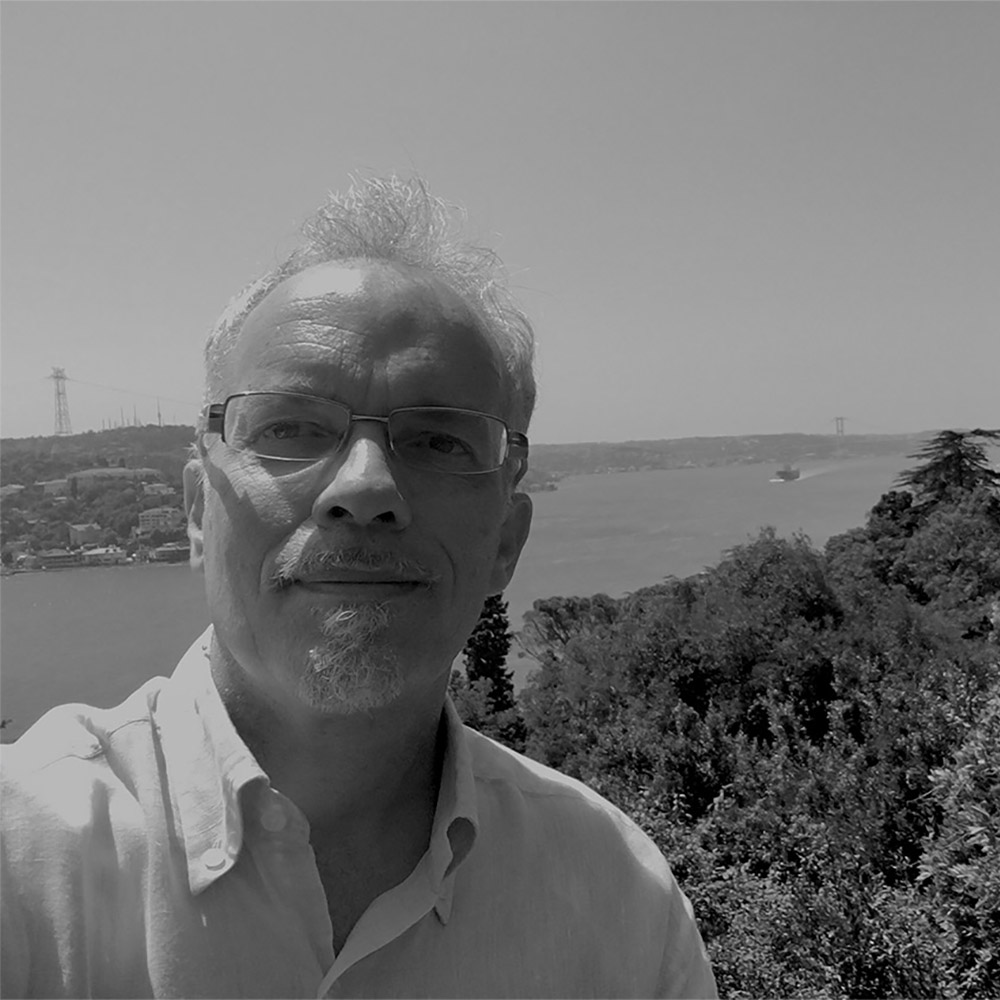
Prof. Paolo GIRARDELLI, Boğazıçı University
Speaker
Prof. Paolo GIRARDELLI, Boğazıçı
University
Prof.
Paolo Girardelli is an art and architectural historian working on encounters
and contacts between Europe and the Eastern Mediterranean in the late Ottoman
period. One of his main research topics is the architecture of the non-Muslim
communities in the Ottoman Empire. He is based in Istanbul since 1999, where he
teaches in the Department of History of Boğaziçi (Bosphorus) University. He was
a Fellow in the Aga Khan Program for Islamic Architecture at MIT in 2005-06,
and a visiting scholar in the Art and Art History Department of UNC-Chapel Hill
in 2018-19. He is a member of the
Italian chapter of ICOMOS (International Council on Monuments and Sites).
His
main publications focus on European and non-Muslim architectural/urban/visual
culture in the plural urban environments of the late-Ottoman world: Istanbul,
Izmir, Salonica, Alexandria and beyond. He was co-editor, with Ezio Godoli, of
the volume Italian Architects and
Builders in the Ottoman Empire and Modern Turkey, and guest editor of a
thematic issue of the journal Architecture
Beyond Europe on the space of diplomacy, both published in 2017. His
current book project is a spatial and architectural history of the so-called
Eastern Question, observed from the point of view of the changing urban and
architectural image of Pera, the cosmopolitan district of diplomacy and foreign
settlement in Istanbul.
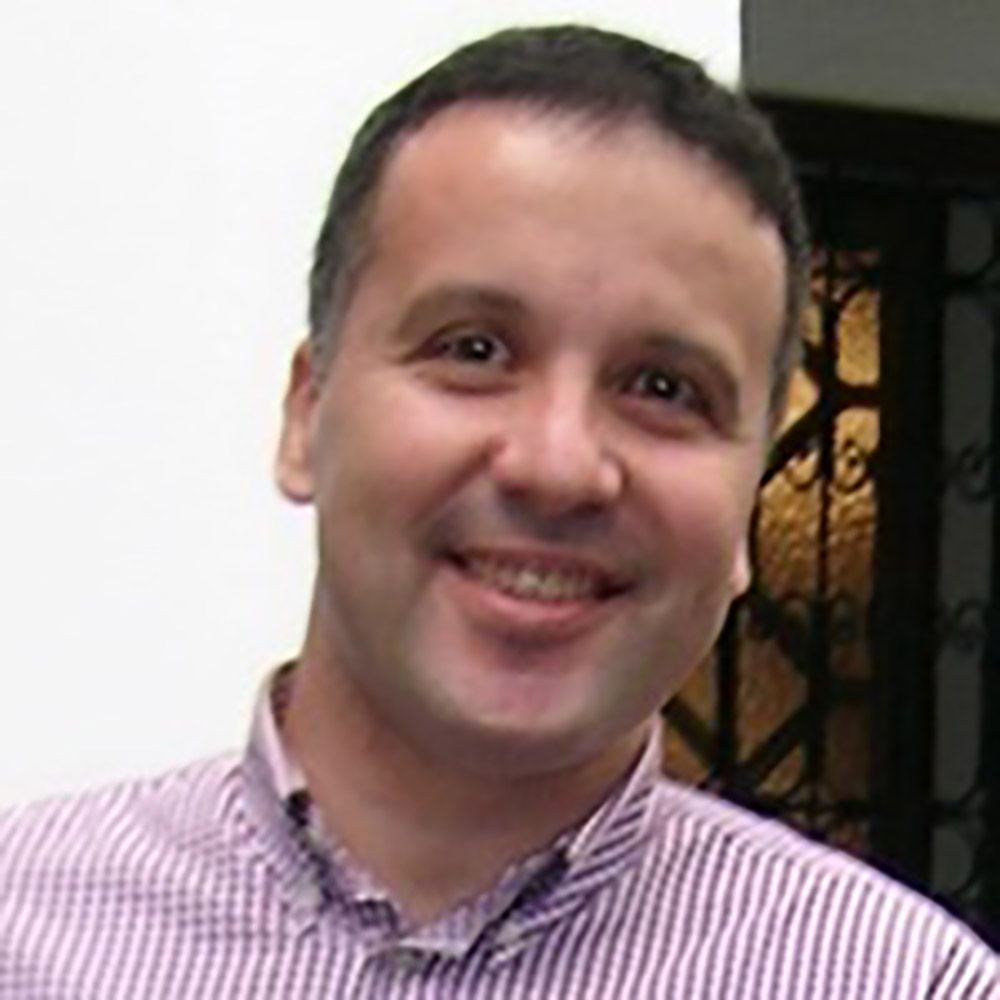
Asst. Prof. Paschalis ANDROUDIS, Aristotle University of Thessaloniki
Speaker
Asst. Prof. Paschalis
ANDROUDIS, Aristotle University of Thessaloniki
Born in Thessaloniki, Greece (1965). He has a diploma in Architecture of
the Polytechnic School of Thessaloniki (1988), a DEA (Master’s Degree) in
Byzantine Art and Archaeology from the University Paris I- Panthéon Sorbonne
(1990). He obtained his PhD in Byzantine Archaeology from Paris I in January
1995 and a Master’s degree in Conservation Studies from the IoAAS of the
University of York, UK in June 1995. He also studied Byzantine History and
Civilisation in Ecole des Hautes Etudes en Sciences Sociales (Paris). For his
Studies he obtained Scholarships from Paris-I Sorbonne and Arvanitidis
Foundation, from the European Union, from A.G. Leventis Foundation, from the
Alexandros Onassis Foundation, and from IKY. He also obtained a scholarship
from Max van Berchem Foundation (Switzerland) for studying Seljuk and Islamic
metalwork in Mt Athos.
He was involved in many research programs, recording of antiquities and
excavations all over Greece. He also conducted more than 100 studies of
Conservation and restoration of Historic monuments (mainly churches and
fortifications) all over Greece.
He participated with papers in more than 150 National and International
Scientific Congresses on Byzantine and Early Ottoman art and architecture. He
published 10 monographs and over 130 articles on Byzantine, Seljuk and Ottoman
History, art and architecture in Greek and International scientific magazines
and proceeding of Congresses.
In January 2012 he was elected Lecturer in Byzantine Archaeology in the
Department of History and Archaeology of Aristotle University of Thessaloniki,
with emphasis in Byzantine Art.
In June 2017 he was elected
Assistant Professor in Byzantine Art and Archaeology in the same Department.
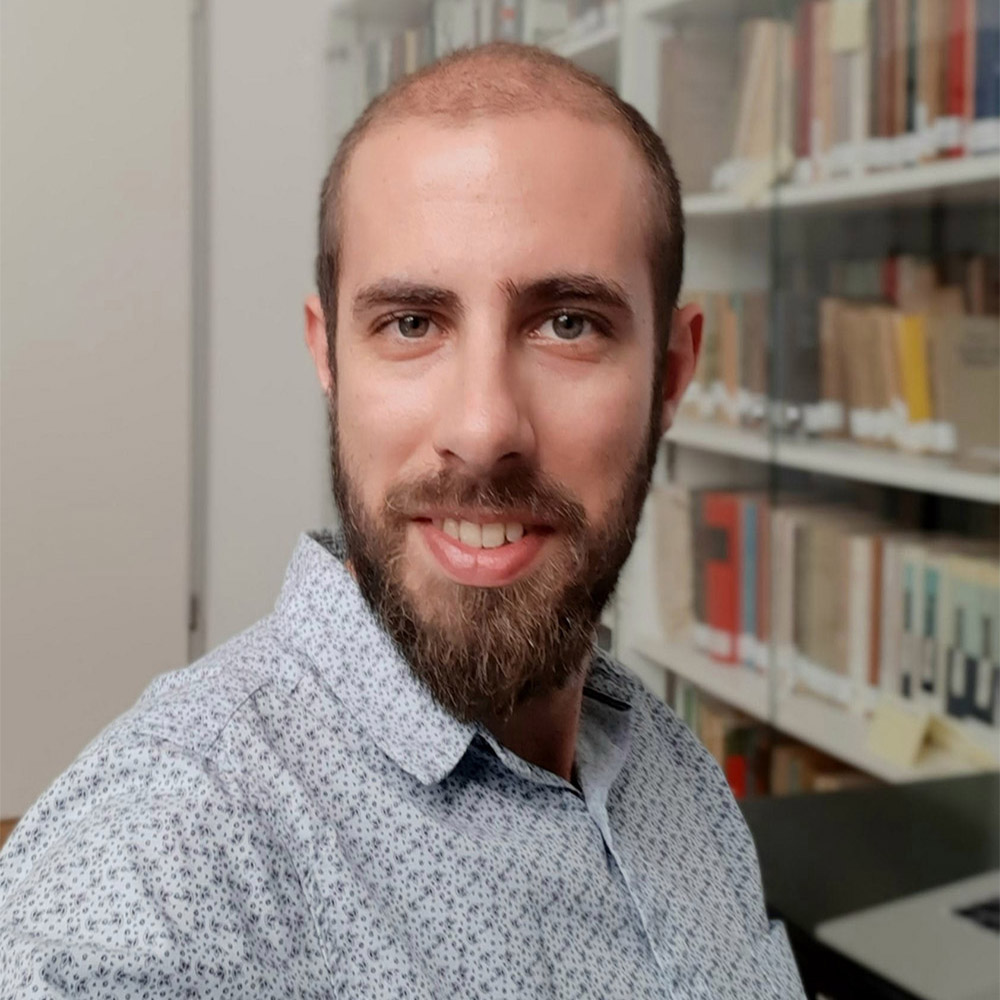
Dr. Radu DIPRATU - Institute for South-East European Studies
Speaker
Dr.
Radu DIPRATU, Institute for South-East European Studies
I am a researcher at the Institute for South-East European
Studies of the Romanian Academy since December 2018, where I am currently
working on a project dedicated to the evolution of French and English ‘ahdnames in the 16th-17th
centuries. Starting with July 2021, I will be involved in the ERC TYPARABIC
Project implemented at the same Institute. In 2017, I obtained a PhD degree in
Ottoman History from the Faculty of History, the University of Bucharest for a
thesis on the religious articles of seventeenth-century ‘ahdnames. I was a postdoctoral fellow at the New Europe College
(2018-2019) and at the Humanities Division of the Research Institute of the
University of Bucharest (2020). My research focuses on topics such as Catholics
in the Ottoman Empire and Ottoman diplomacy in the early modern era.
Latest publications: ‘The Valona Affair (1638), Its Ensuing
Anti-Piracy Nişan and the Development
of Ottoman-Venetian Peace Agreements’, in I. Feodorov (ed.), South-Eastern Europe and the Eastern
Mediterranean, Brăila, 2020, p. 157-187; ‘A Forgotten Capitulation (‘ahdname): The Commercial Privileges
Granted by Sultan Ahmed I to Emperor Matthias in 1617’, in Revue des Études Sud-Est Européennes, vol. 58, 2020, p. 51-90 (with
Viorel Panaite).
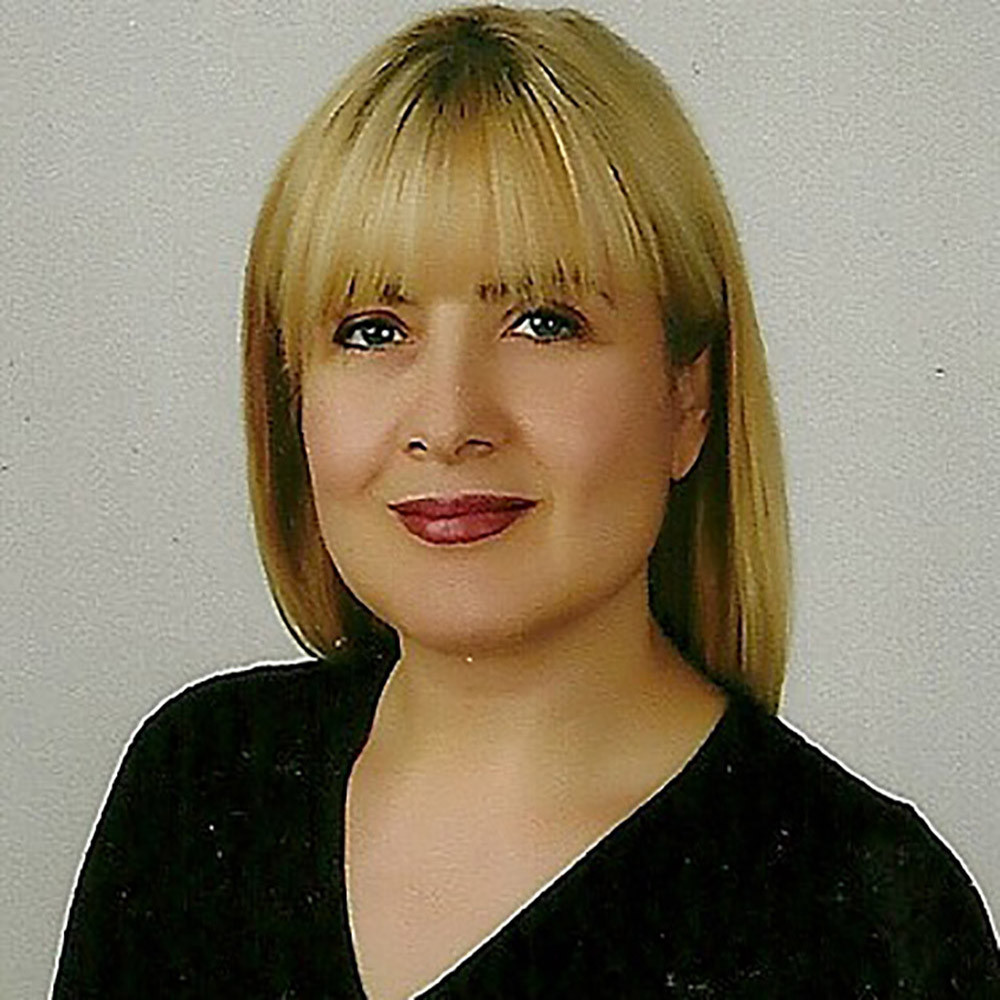
Ms. Sevtap DEMİRTAŞ, EMAV Mevlevi Foundation
Ms. Sevtap DEMİRTAŞ, EMAV Mevlevi Vakfı
Sevtap Demirtaş was born in 1963 in
Istanbul. She completed her undergraduate education at Istanbul University’s
Faculty of Literature, Department of Systematic Philosophy and Logic.
Between 1987 and 1999, she worked in
Advertising, Film Production, TV and Media Organisations.
Between 1999 and 2020, she worked as
a Project Consultant and a Coordinator in national and international projects
for four disability groups, primarily the visually impaired, supporting access
to information, education, employment and daily life in the field of geriatrics
at the Six Dots Foundation for the Blind, Membership of Blind Education and
Development Association, Turkey Federation of the Visually Impaired, Turkey
Confederation for the Disabled and various NGOs. Since 2000, she has been
working as a Public Relations Officer at EMAV - Evrensel Mevlana Aşıkları
Foundation.
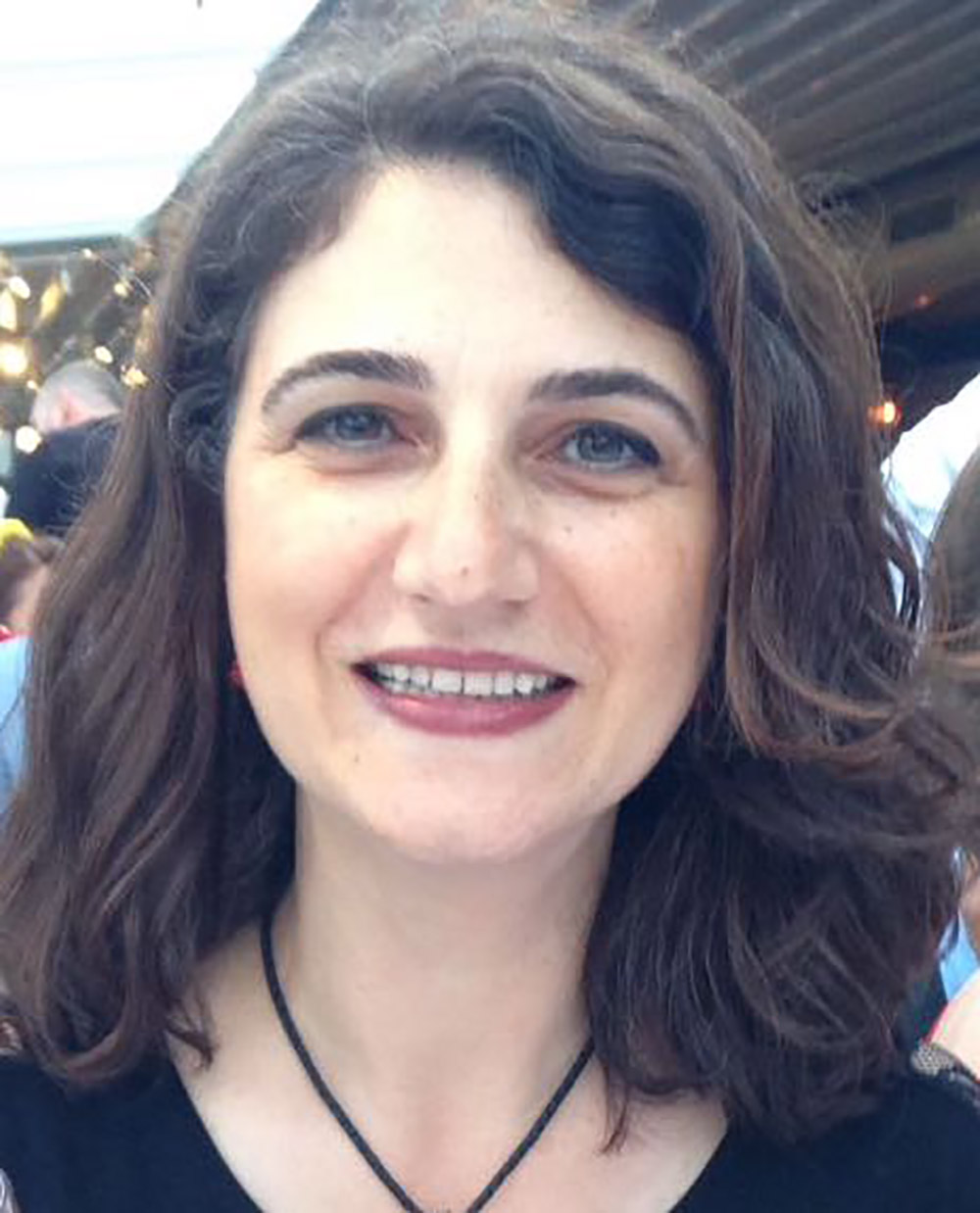
Assoc. Prof. Umut AZAK, Istanbul Okan University
Speaker
Assoc.
Prof. Umut AZAK, Istanbul Okan University
Umut Azak has been a lecturer in the
International Relations Department at Istanbul Okan University since 2010. She
graduated in 1997 from the Department of Political Science and International
Relations at Boğaziçi University. She completed her master's degree at SOAS,
University of London, and her doctoral studies at the Department of the Turkish
Studies at the University of Leiden in the Netherlands. Azak, taught undergraduate and graduate
courses at Utrecht and Leiden Universities in 2005-2008, and was a visiting
researcher at FU Berlin in the 2008-2009 academic year within the scope of the
“Europe in the Middle East - The Middle East in Europe” programme. Azak has
published research on the subjects of secularism in Turkey, Islamism,
conservatism and the history of women's movement (published books include Islam and Secularism in Turkey: Kemalism, Religion and the Nation State, London: I.B.Tauris, 2010; Türkiye’de Laiklik ve İslam, İstanbul:
İletişim 2019). Azak carried out research in the area of memory studies,
worked as a trainer and facilitator at the Black Box Association, and has given
lectures in areas such as Turkey's political history, the history of political
thought, gender and politics.
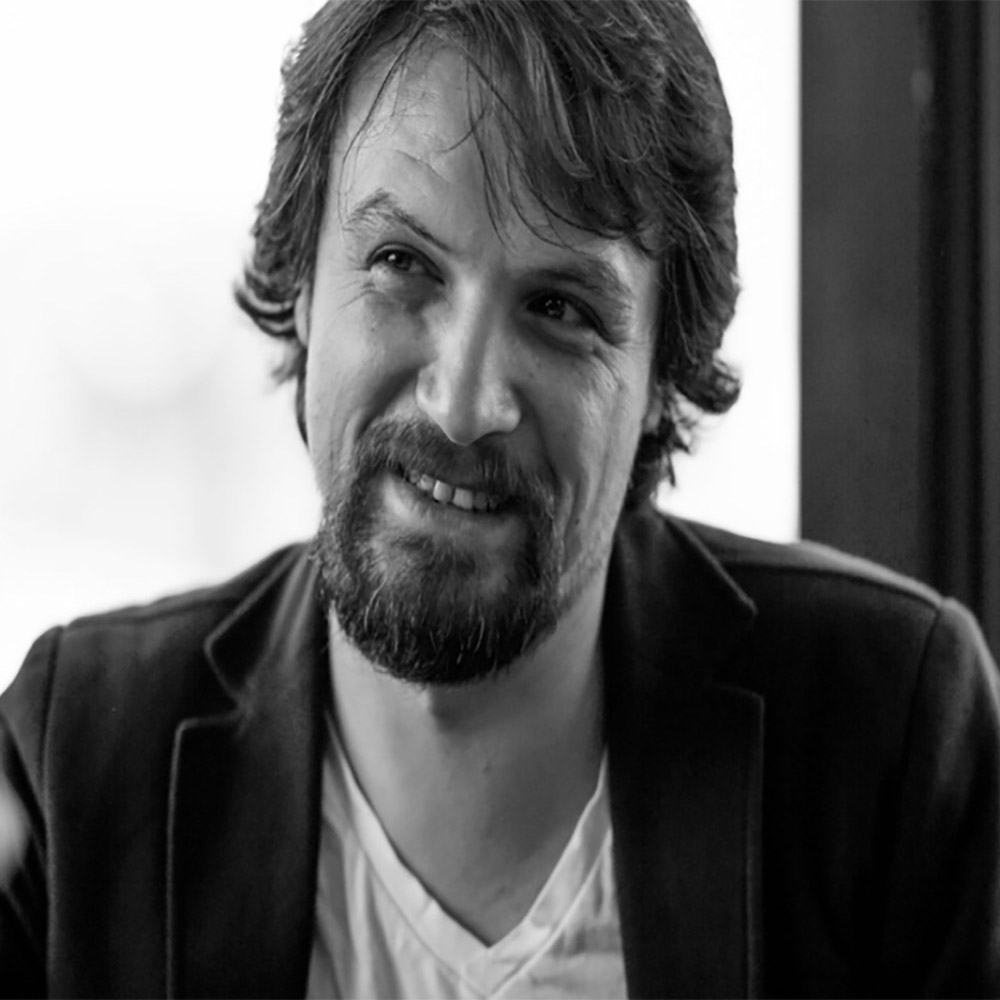
Asst. Prof. Dr. Veysel DİNLER, Hitit University
Speaker
Asst.
Prof. Dr. Veysel DİNLER, Hitit University
Dr Veysel Dinler is a faculty member
of Hitit University, Faculty of Economics and Administrative Sciences, Department
of Political Science and Public Administration. He was born in 1979 in Çorum.
Graduate of Police Academy and Near East University Faculty of Law. He received
his doctorate in public administration from Süleyman Demirel University. He
transferred to Hitit University in 2008, while he was serving as the chief
inspector in the Turkish national police organization. Since that date, he has
been a faculty member at Hitit University. He teaches undergraduate and
graduate courses in the field of public law. He works on the constitution,
political institutions, human rights and criminology.
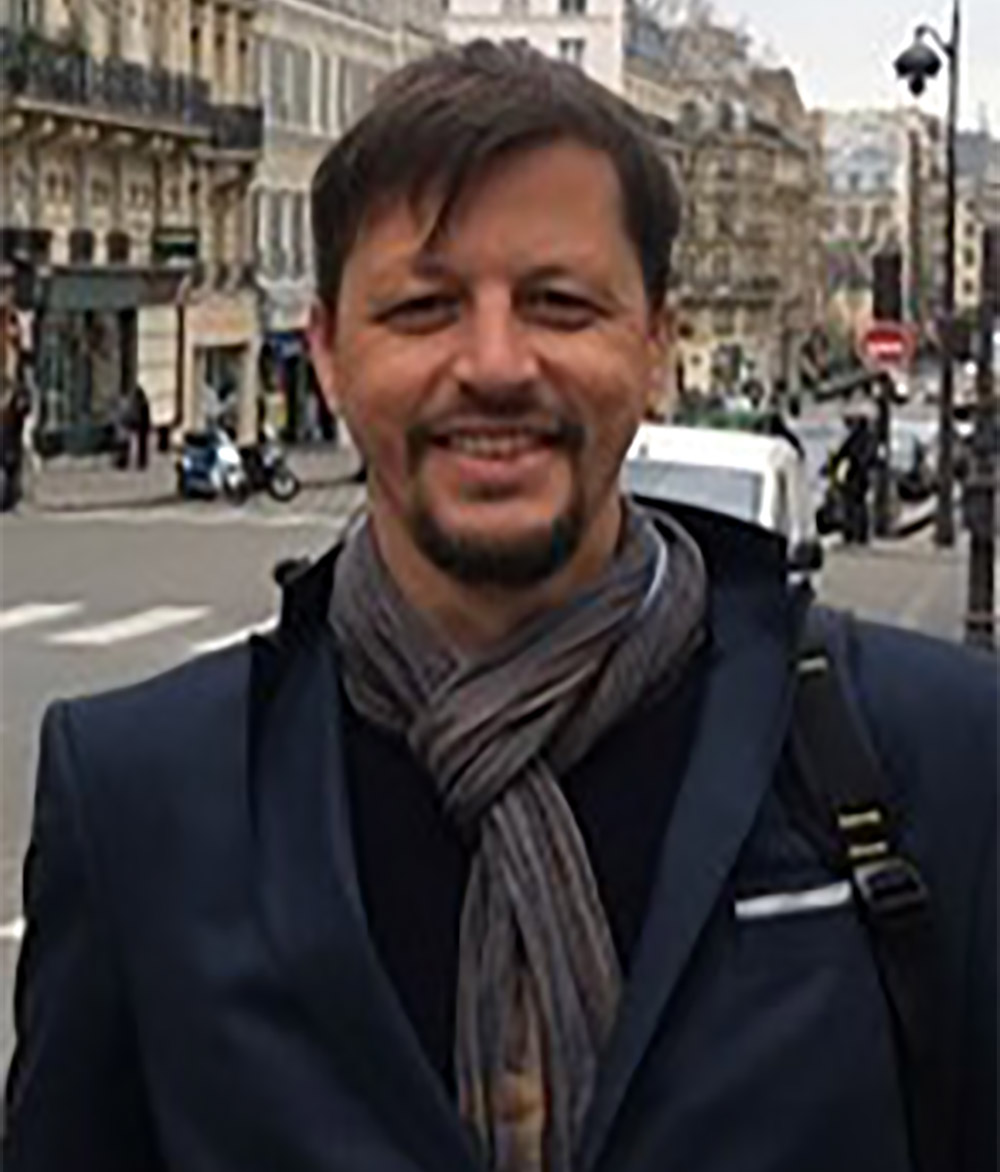
Prof. Vlada STANKOVIĆ - University of Belgrade
Speaker
Prof. Vlada STANKOVIĆ, University of
Belgrade
Vlada Stanković (Belgrade, 1973) is
Professor of Byzantine Studies and Head of the Chair for Byzantine Studies at
the University of Belgrade. He is founder and Director of the Center for
Cypriot Studies at the same University (2010). He earned his degrees at the
University of Belgrade and specialized in the Institute for Byzantine and
Modern Greek Studies in Vienna (2004) and in Athens as a holder of an Alexander
S. Onassis fellowship (2005). He was Visiting Professor at the University of
Ioannina in 2008, where he taught a semestral course Twelfth century
Byzantine Poetry and Its Political Significance and a member of the adjunct
teaching staff at the Open University of Cyprus in the years 2009-2010,
teaching in Undergraduate Program Studies in Hellenic culture. From 2009
he is member of the Editorial Board of Byzantinische Zeitschrift.
Between 2011 and 2019 he directed a multidisciplinary project Christian
culture in the Balkans in the Middle Ages: Byzantine Empire, the Serbs and the
Bulgarians from the 9th to the 15th century, funded by Serbian Ministry of
Science.
A 2014/2015 Willis F. Doney Member
at the School of Historical Studies of the Institute for Advanced Study in
Princeton, he held lectures at Universities in Greece, on Cyprus, in Bulgaria,
Hungary, Germany, the U.S., Spain, China, and is currently teaching also at the
European University Cyprus on the MA Program Hellenic Studies.
Author of five books and more than
two dozen articles (among which The Komnenoi in Constantinople, 1057–1185 (Belgrade
2006, in Serbian), The Balkans and the Byzantine World before and after the
captures of Constantinople, 1204 and 1453 (editor, Lanham-Boulder-NewYork-London
2016)), he is Editor
in Chief of Lexington Book's series Byzantium – A European Empire and Its
Legacy for which he is currently writing a monograph Creating the Rule
of Kinsmen: The Transformation of a Political Paradigm in Southeastern Europe
in the 12th and 13th Century. He is also writing,
among other things, A History of Medieval Serbia for Brill's series
East-Central and Eastern Europe in the Middle Ages, 450–1500.
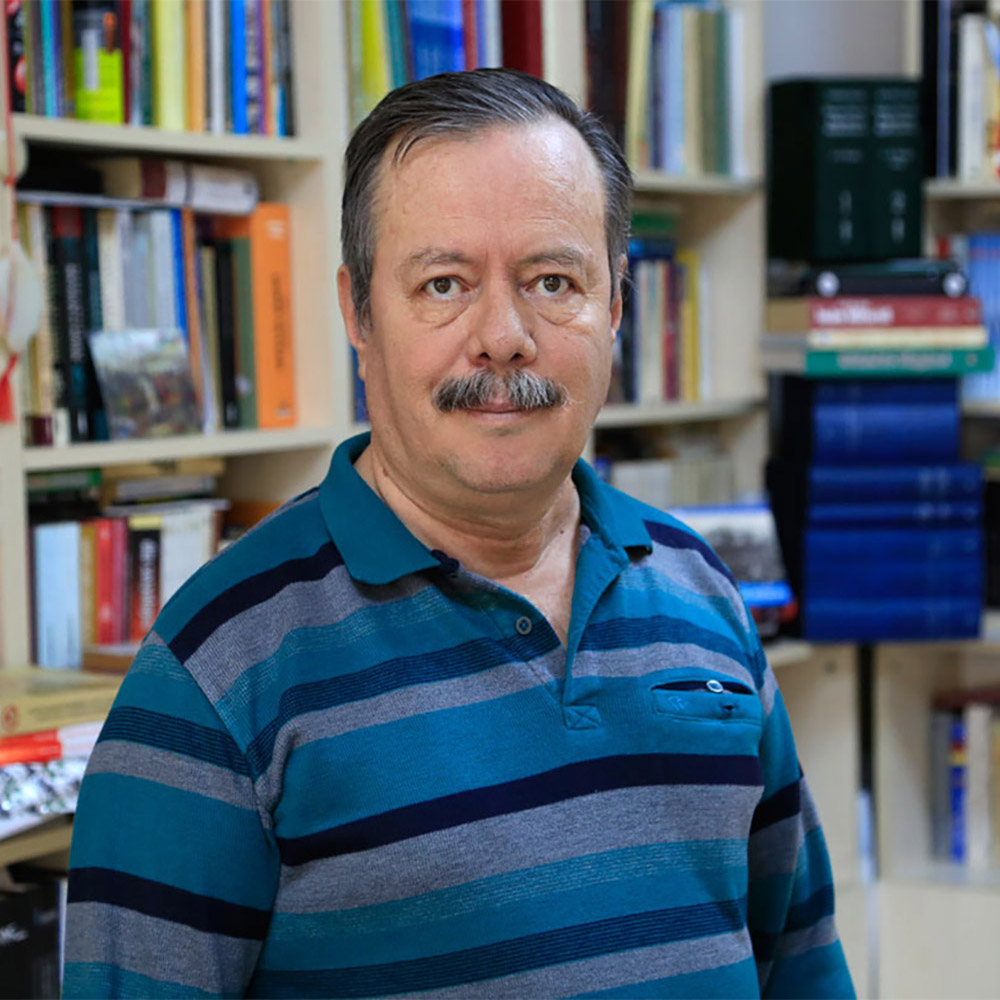
Assoc. Prof. A. Yılmaz SOYYER, Süleyman Demirel University
Speaker
Assoc. Prof. A. Yılmaz SOYYER, Süleyman Demirel University
He was born on 7 March 1960 in
Konya’s Ereğli. He discovered books at the age of 13-14, which we can call
early youth. He discovered world classics for the first time in a public
library in a county with a population of 25 thousand. Meanwhile, old Turkish
poetry captured his attention at his high school literature classes. He
graduated from the Faculty of Theology at Ankara, where he went to be a good
poet by learning the concept and meaning of old poetry. First, he worked in the
Ottoman archive for four years. Learning intermediate Arabic and Persian at the
faculty was very useful in the Ottoman archives. This knowledge has served him
throughout his academic life. He conducted research on a Çelebi Bektashi
village named Kısas for his doctoral thesis in Şanlıurfa, where he was based as
a research assistant. During the summer, he spent his time between the Ottoman
archives as a researcher, became one of the regulars at the Süleymaniye
library, and above all, while reading the Bektashi tombstones in Istanbul, he
encountered various oddities. Consequently, he has a good archive of Bektashi
manuscripts (as photographs) and gravestone photographs.
Towards the 1990s, Seyran
Publications published Soyyer's doctoral thesis under the name “Alevi-Bektashi
Tradition in Sociological Perspective”. Later, his work titled “Bedi Nuri at
the Beginning of Turkish Sociology” was published in Kubbealtı Publications. In
2005, “Bektashism in the 19th Century” was published by Akademi Publications.
In 2005, he took part in the delegation that organized the International
Symposium on Bektashism and Alevism at Süleyman Demirel University in Isparta.
In 2020, he worked as the Academic Coordinator of the International Hacı Bektaş
Veli and His Followers Symposium within the body of the Istanbul Branch of the
Türk Ocağı and UNESCO.
“Çerağlar Uyanırken” was published
by Doğan Kitap. After a long hiatus, POST Publishing House presented both
“Çerağlar Uyanırken” and its new novel “Semah Aşkka Doğrudur” to the reader.
His latest novel “Mevlevî” was published by POST. “Those are Our Bektashis” (Şu
Bizim Bektaşiler) is the latest scientific work to be published by POST
Publishing.
Exactly 40 years after his first
poem was published in TÖRE magazine, POST Publishing Housee signed a poetry book
under the “Çifte Vav’ın İzinde”. Most recently, “HÜNKÂR, Encyclopedic
Dictionary of Bektashism”, in which he conveyed his 30 years of Bektashism
experiences, was also published by POST Publication House.
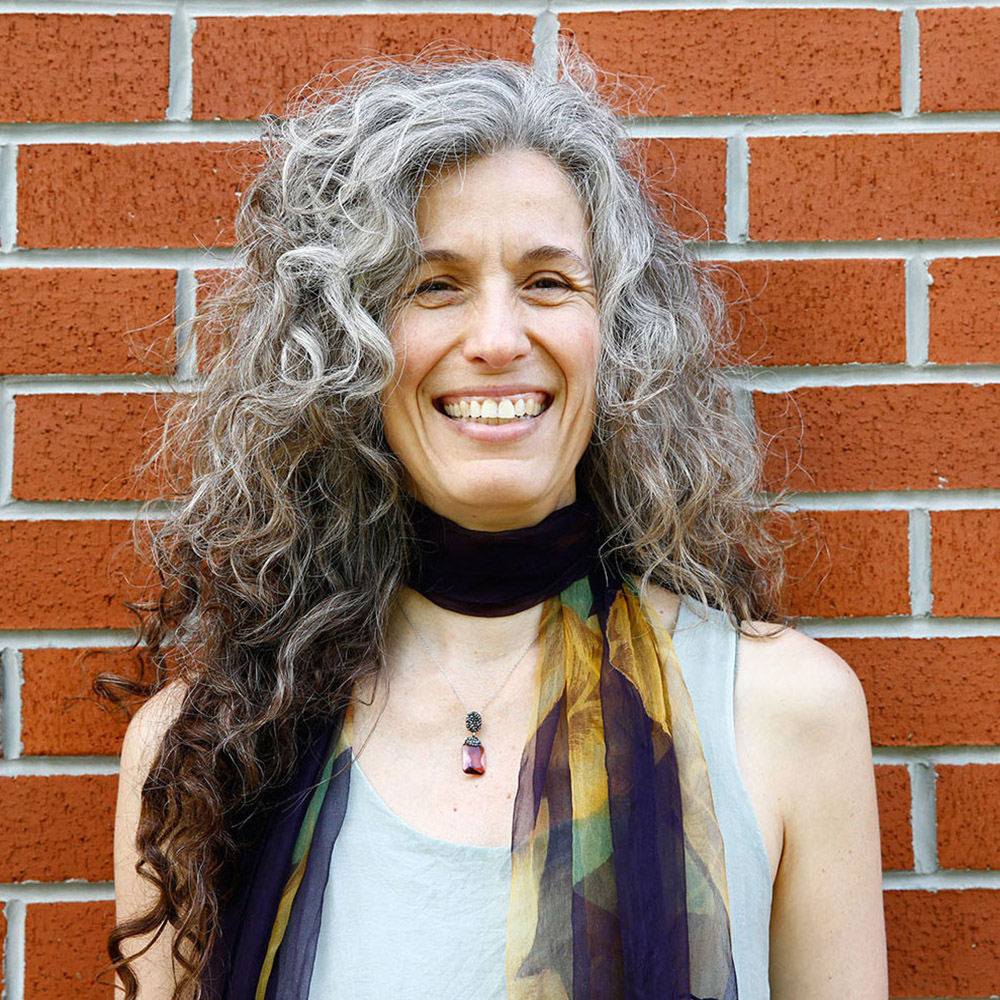
Prof. Zeynep AKTÜRE - İzmir Yüksek Teknoloji Enstitüsü
Speaker
Assoc. Prof. Zeynep AKTÜRE, Izmir Institute of Technology
Zeynep Akütre (B.Arch, 1990; M.Sc. in Architecture-Restoration, 1995; Ph.D. in Architecture, 2005 Middle East Technical University [METU] in Ankara, Turkey) is an Associate Professor at Izmir Institute of Technology (IZTECH) Department of Architecture. She currently teaches undergraduate and graduate courses on architectural design, architectural conservation in archaeological sites and management of heritage sites. She participated in ERASMUS teaching exchange programs and coordinated ERASMUS Intensive Programme projects on archaeological landscapes and urban public spaces.
Her master’s thesis focuses on the preservation-use balance in the Ancient Theatre of Ephesos. Her PhD research
proposes a geo-historical
interpretation of the architectural characteristics of ancient theatres in
Greece and Spain. Her current
research and publications, centring on the Mediterranean, are on the UNESCO
World Heritage Programme; conservation history, modern uses and digital visualizations of cultural heritage sites and monuments; politics of cultural heritage conservation, archaeological and cultural site management,
critical approaches to architectural restoration practices and museum studies. Her research languages are Turkish (native), English
(C2), Spanish (B2), Modern Greek (A2), French (A2).
She is an active member of the
Turkish National Commission for the UNESCO’s Tangible Cultural Heritage
Committee, ICOMOS ISC on Places of
Religion and Ritual, ICOMOS Turkey National Committee, Efes Site Management
Plan Advisory Board, Turkish Chamber
of Architects, Architects' Association 1927, SANART Association of Aesthetics
and Visual Culture,
Mediterranean Studies Association, and the Society
of Architectural Historians, among others.
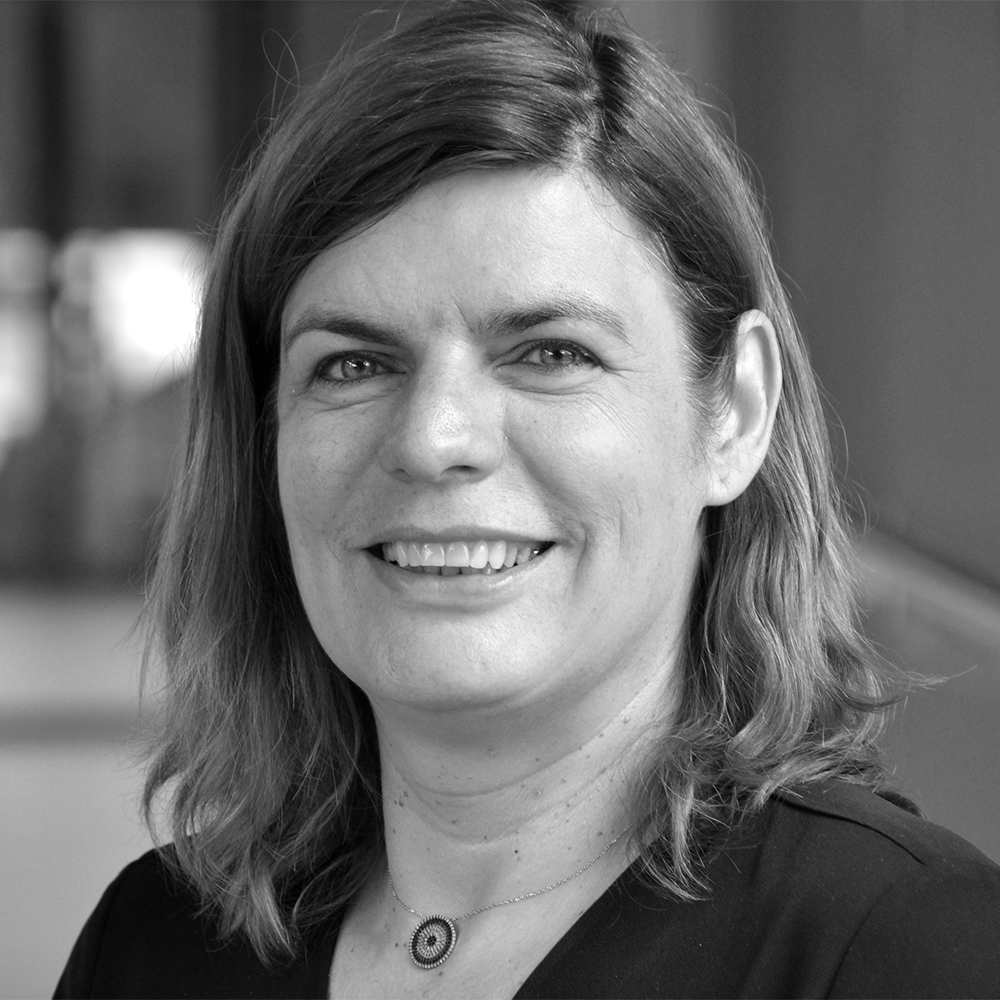
Dr. Mariëtte VERHOEVEN, Radboud University
Speaker
Dr. Mariëtte VERHOEVEN, Radboud University
Dr. Mariëtte Verhoeven, Radboud
University, Ph.D. (2010), Radboud University Nijmegen, is a research fellow at
the Radboud Institute of Culture and History (RICH) and at the Netherlands
Institute in Turkey (NIT). Her Ph.D. thesis entitled The Early Christian Monuments of Ravenna. Transformations and Memory was
published in 2011 (Turnhout: Brepols). She specializes in the field of early
Christian and Byzantine architecture and currently she focuses on the cultural
history and transformation of Byzantine heritage in Istanbul. She is the
co-editor of three books including Byzantium
in dialogue with the Mediterranean. History and Heritage (2019, Leiden:
Brill) and her latest article, published in A.C. Geljon and N. Vos (Eds.), Rituals in Early Christianity. Traditions
and Transformations (2020, Leiden: Brill), is entitled ‘From Justinian I to
Mehmed II. Transformation and Continuity of Rituals and Liturgical Disposition
in Hagia Sophia’.





Videolar
1. Dr. Vanessa R. DE OBALDÍA: Johannes Gutenberg University of Mainz 2. . Doğan BERMEK: Alevi Philosophy Centre, Anatolian Religions and Beliefs Platform, Organizing Committee
Hagia Sophia: Interpretations and National Memory, Discussant: Prof. Dr. Iştar GÖZAYDIN, Professor of law and politics, Speakers: Dr. Markus DRESSLER - University of Leipzig, Assoc. Prof. Umut AZAK - Istanbul Okan University
Transformation within spatial and urban contexts Discussant: Assoc. Prof. Hakan YÜCEL - Galatasaray University, Speakers: Assoc. Prof. Zeynep AKTÜRE - Izmir Institute of Technology, Asst. Prof. Dr. Erhan KURTARIR - Yıldız Technical University, Prof. Dr. Ayşe Nur ÖKTEN Yıldız Technical University
Dynamics in the transformation of cemevis & tekkes Discussant: Prof. Dr. Ayhan KAYA - Istanbul Bilgi University, Speakers: Asst. Prof. Dr. Cemal SALMAN - Istanbul University, Ms. Lucia CIRIANNI SALAZAR - PhD candidate - Free University of Berlin
Historical conversions of tekkes, zaviyes and mevlevihanes Discussant: Prof. Dr. Şükrü Kaya - MSUGSF Sociology, Speakers: In memory of Dilaver AZIMLI - Azerbaijan National Academy of Sciences, Assoc. Prof. A. Yılmaz SOYYER - Süleyman Demirel University, Ms. Sevtap DEMİRTAŞ, EMAV
Anatolia’s Religious Heritage as Abandoned Spaces Discussant: Prof. Rossitsa GRADEVA - American University of Bulgaria, Asst. Prof. Dr. Veysel DİNLER - Hitit University, Mr. Mehmet Fatih GÜNDEN - Van Yüzüncü Yıl University, Dr. Nicholas AL-JELOO - Kadir Has University, Assoc. Prof. Birgül AÇIKYILDIZ - Paul Valery University, Montpellier III
Keynote Speaker: Prof. Dr. Cemal Kafadar, Harvard University
Introductory Speaker: LAKI VINGAS (KMKD)
Reassignment and Loss in Byzantine Asia Minor Discussant: Zachary CHITWOOD - Johannes Gutenberg University of Main, Speakers: Prof. Vlada STANKOVIC - University of Belgrade,
Ahdnames, Architecture & Conversion: Latin Catholic Case Studies in the Ottoman Era. Discussant: Fr. Dr. Claudio MONGE O.P. - DoSt-I, Speakers: Dr. Ali Çağlar DENIZ, ADO, Prof. Paolo GIRARDELLI - Bogaziq University, Dr. Radu DIPRATU - Institute for South-East European Studies
Transformation and Continuity in Church-Mosque Conversions Discussant: Prof. Marie COUROUCLI - IIAC, Speakers: Dr. Mariette VERHOEVEN - Radboud University, Prof. Emma LOOSELY - University of Exeter, Asst. Prof. Paschalis ANDROUDIS - Aristotle University of Thessaloniki
Multiple Conversions from Roman to Ottoman Anatolia Discussant: Prof. Dionigi ALBERA - IDEMEC, Dr. Vanessa R. DE OBALDIA - Johannes Gutenberg University of Mainz, Jun. Prof. Dr. Aylin DE TAPIA - Albert-Ludwigs-University of Freiburg, Prof. Dr. Beatrice ST. LAURENT - Bridgewater State University
Hagia Sophia: Application of National Legislation and International Treaties Discussant: Dr. Mine YILDIRIM - Freedom of Belief Initiative, Speakers: Dr. Leonard HAMMER - University of Arizona, Atty. Cem Murat SOFUOGLU - Istanbul Okan University
Keynote speaker: Prof. Dr. Robert Langer, Munich Bundeswehr Universty


Destekçiler
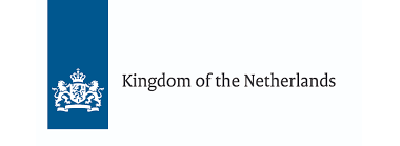
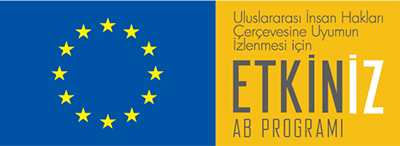
This conference was organised with the support of the MATRA Human Rights Department of Consulate General of the Netherlands in Istanbul and the EU ETKINIZ programme. The views expressed on this site and at the conference cannot in any way be considered as the official views of the Netherlands Consulate General and the ETKINIZ EU programme.
Adres
Adres
İstiklal Cad. Hüseyin Ağa Mah. No:76 Tokatlıyan Pasajı Kat: 4/13 Beyoğlu / İstanbul 34735
İrtibat
Telefon: 0212 293 22 30 - 31
Email: cwp.adip@gmail.com














